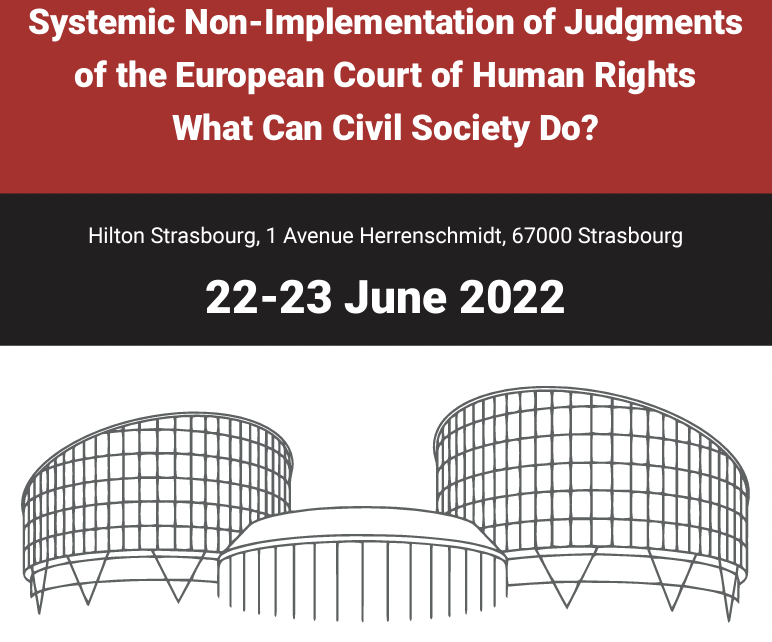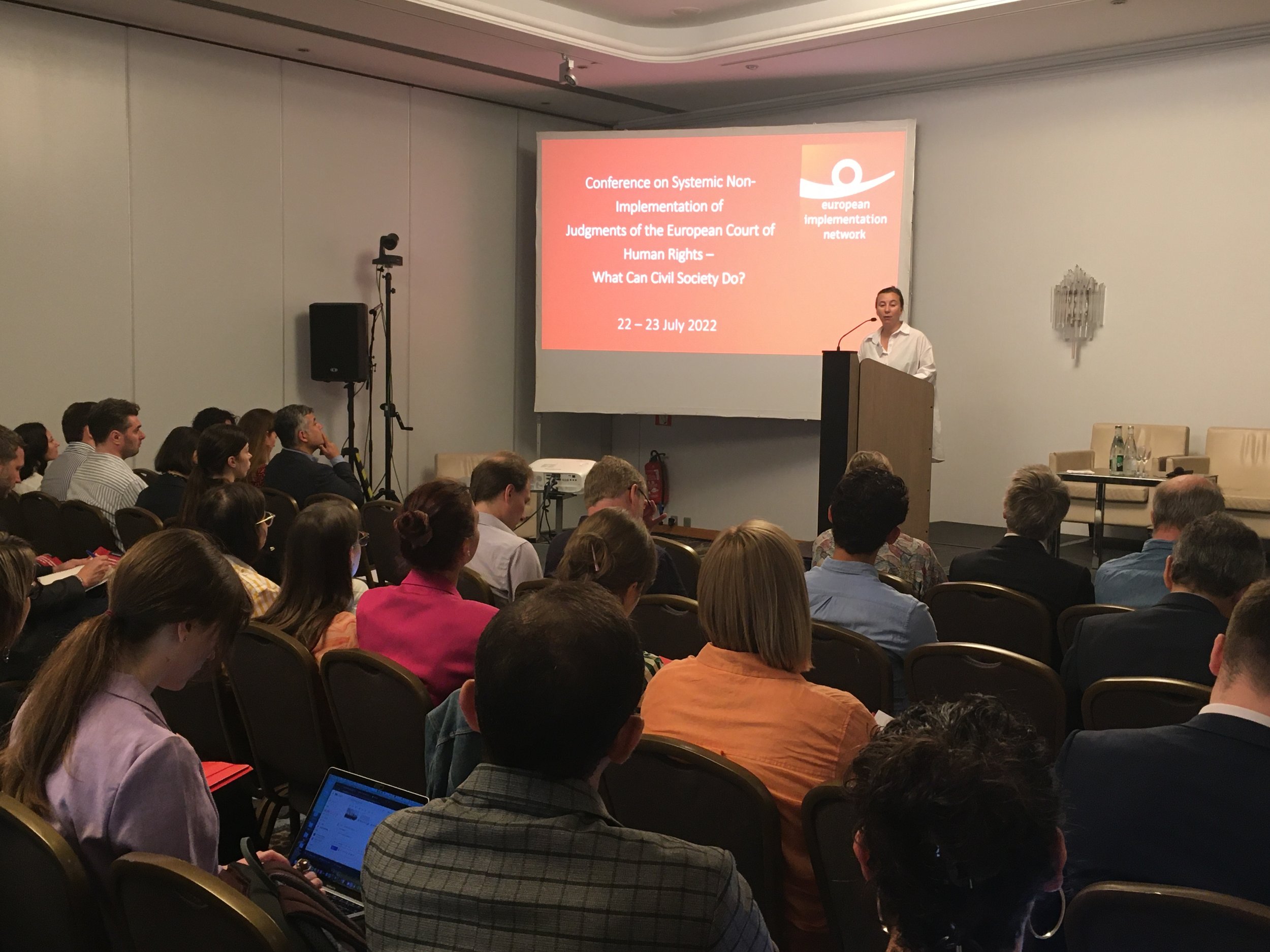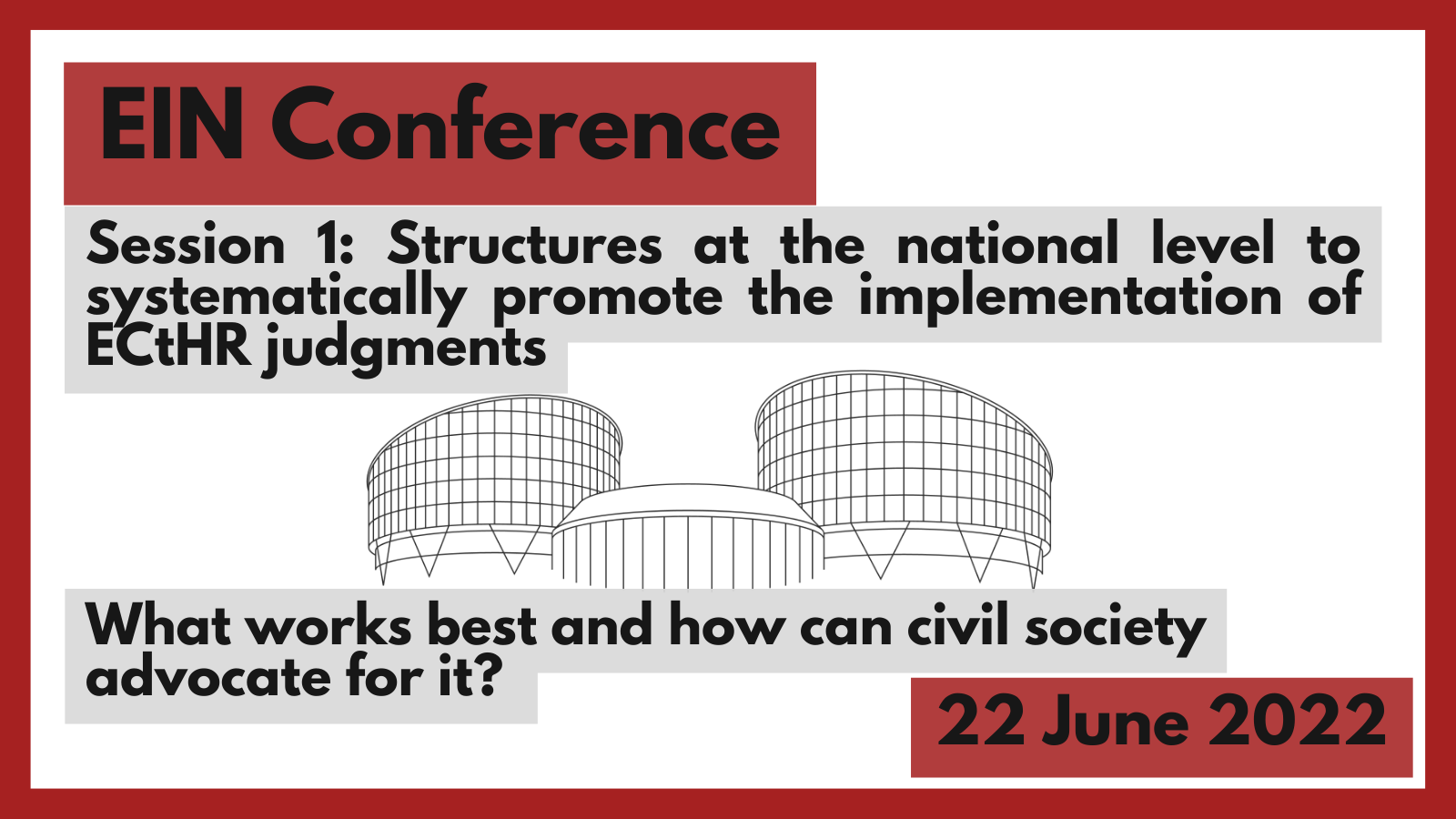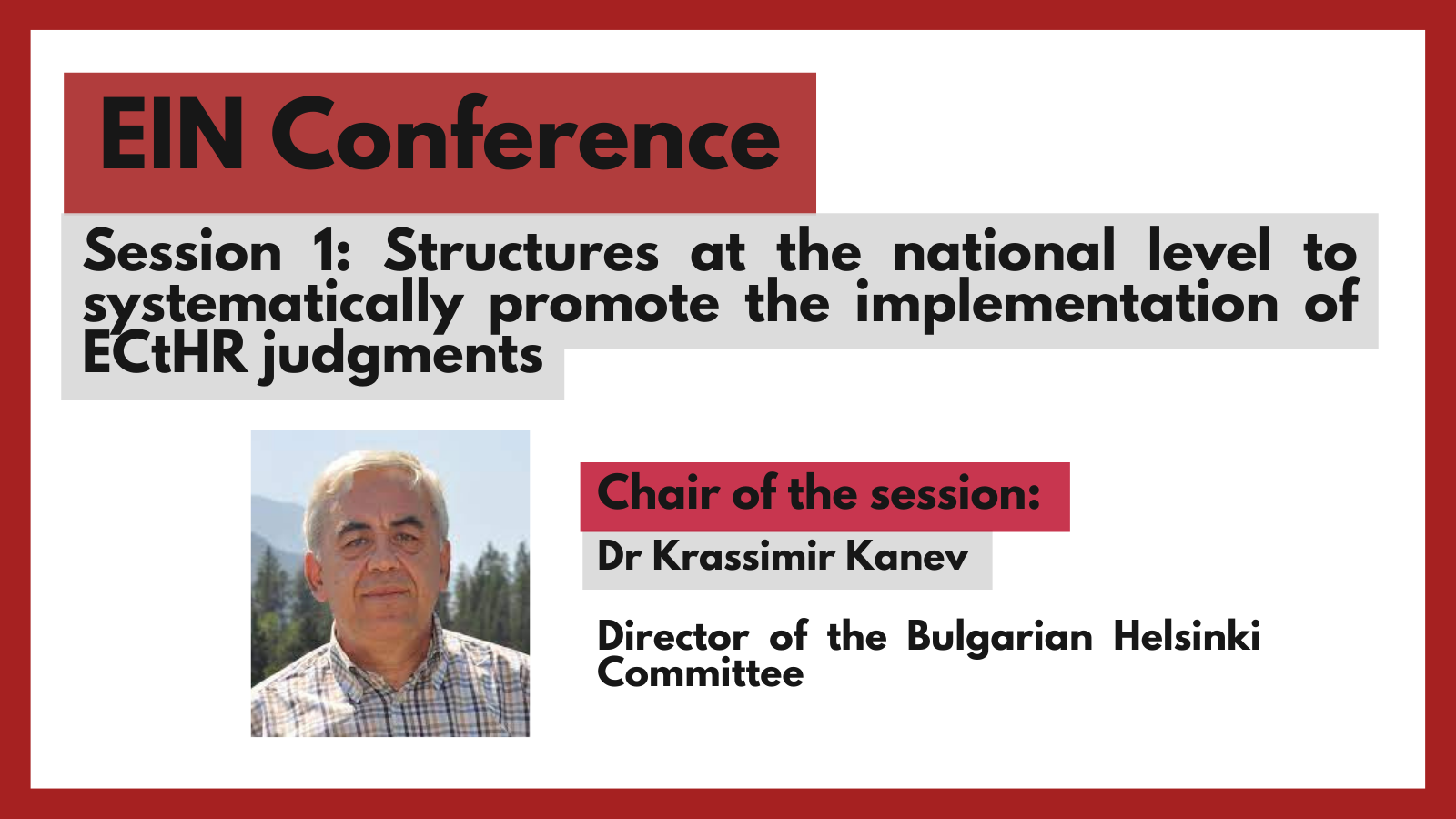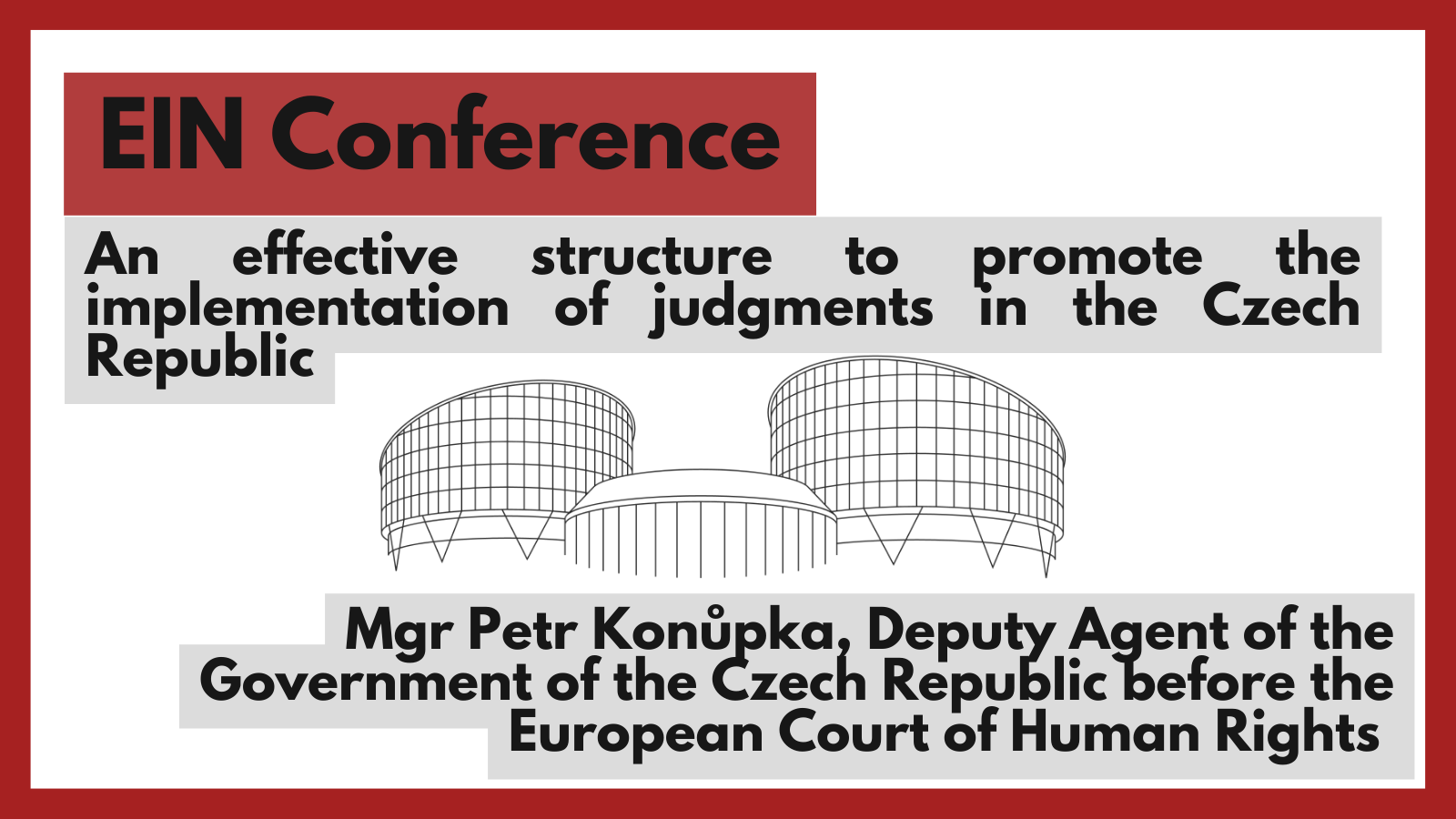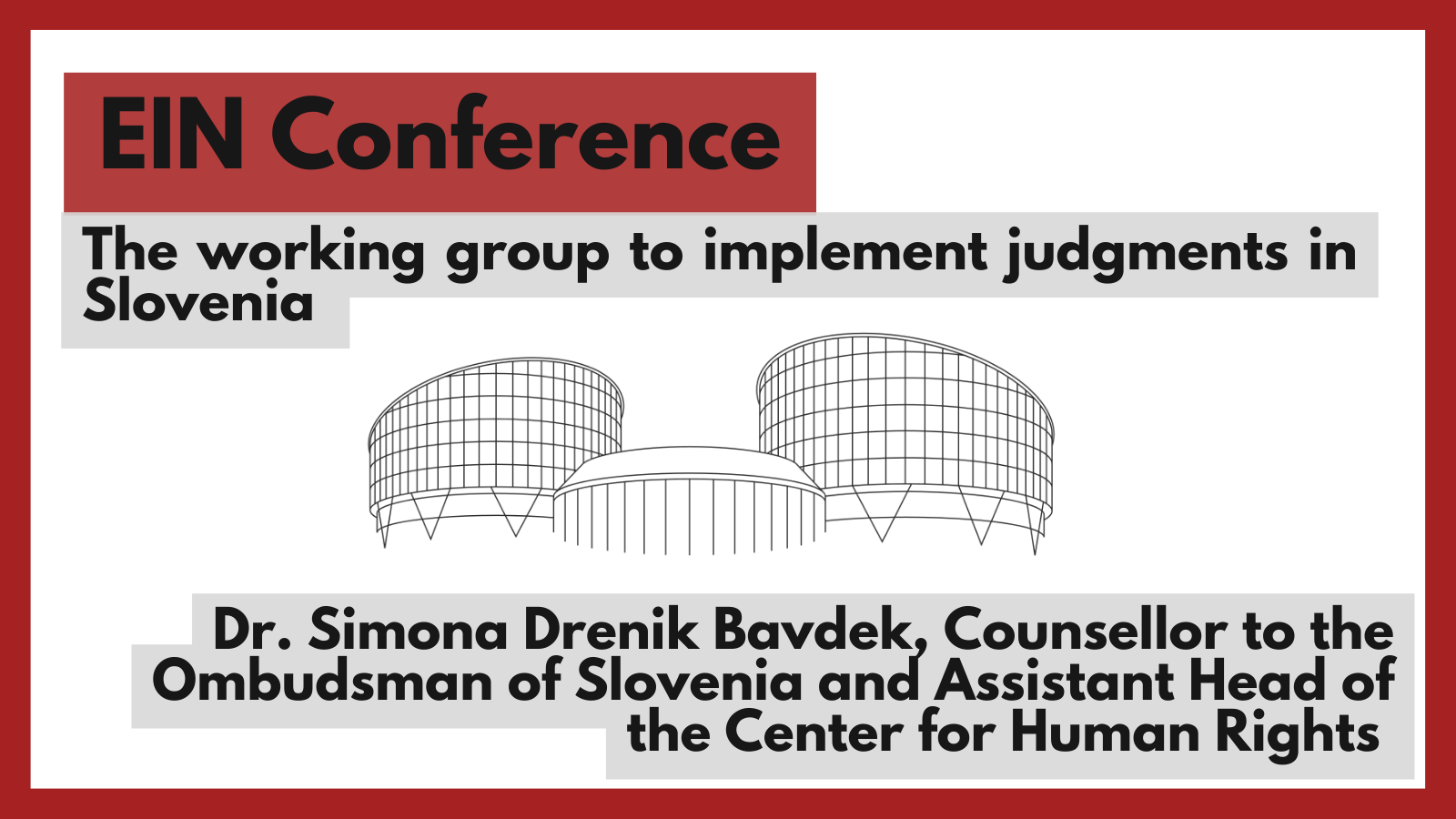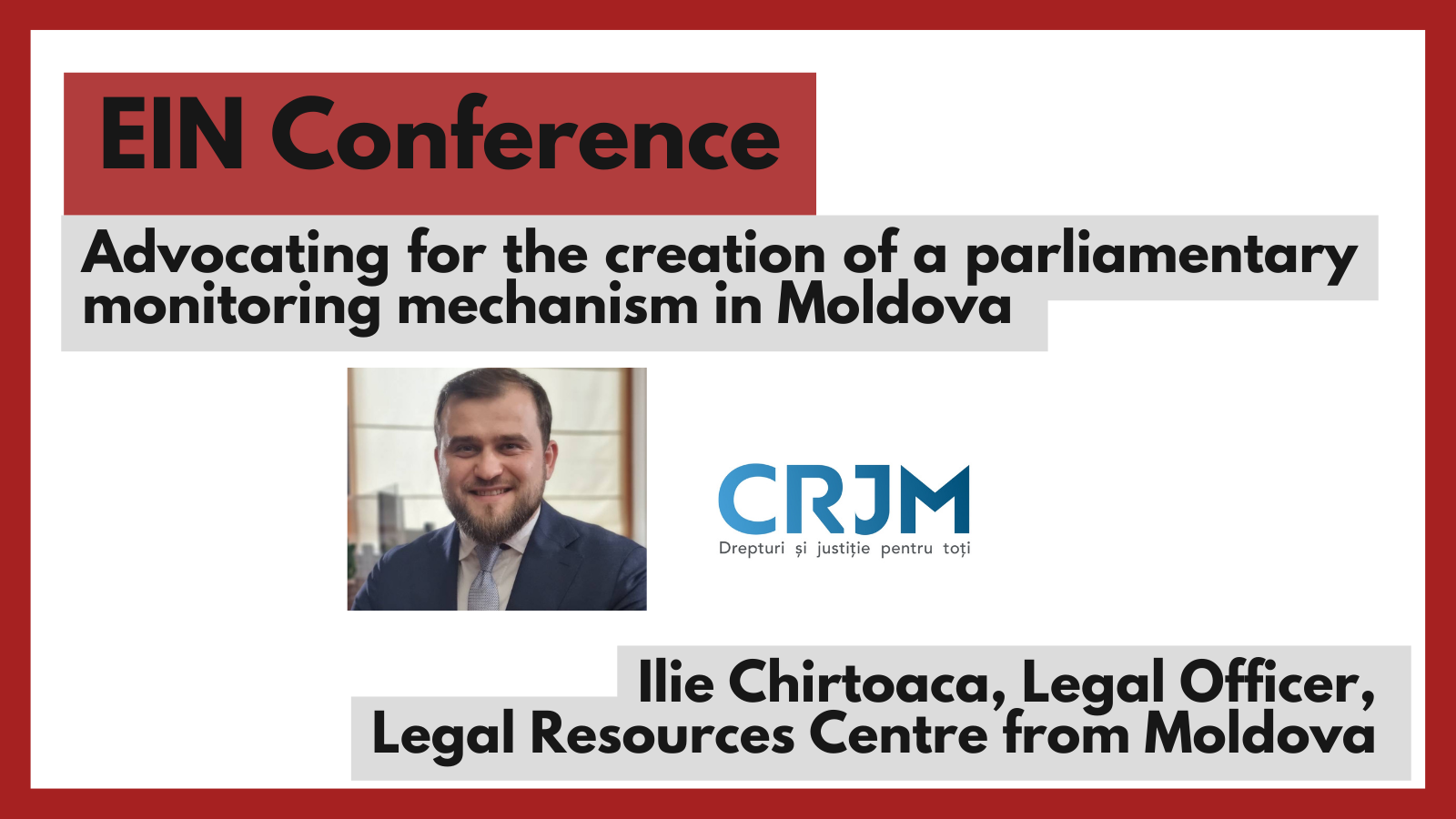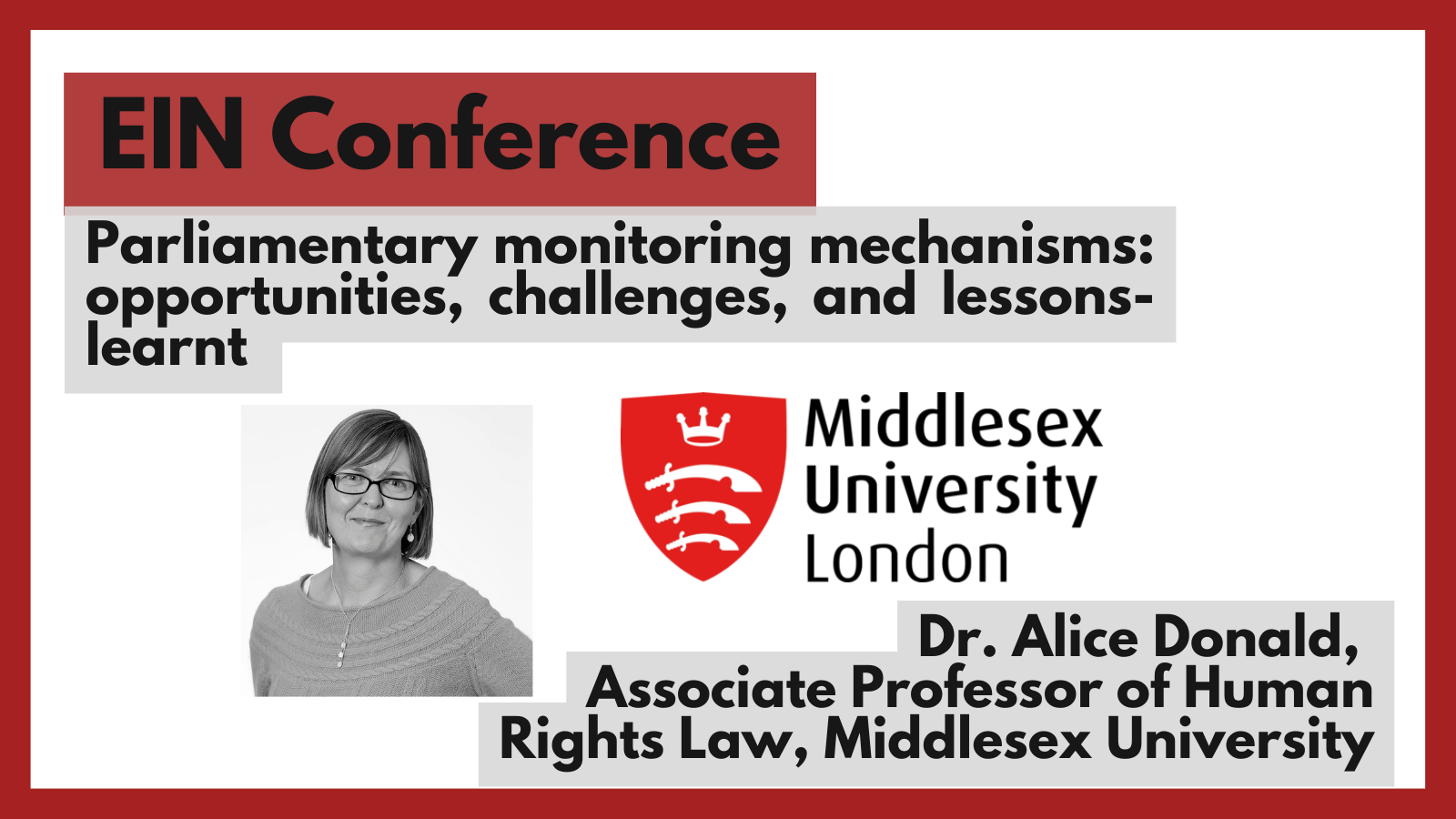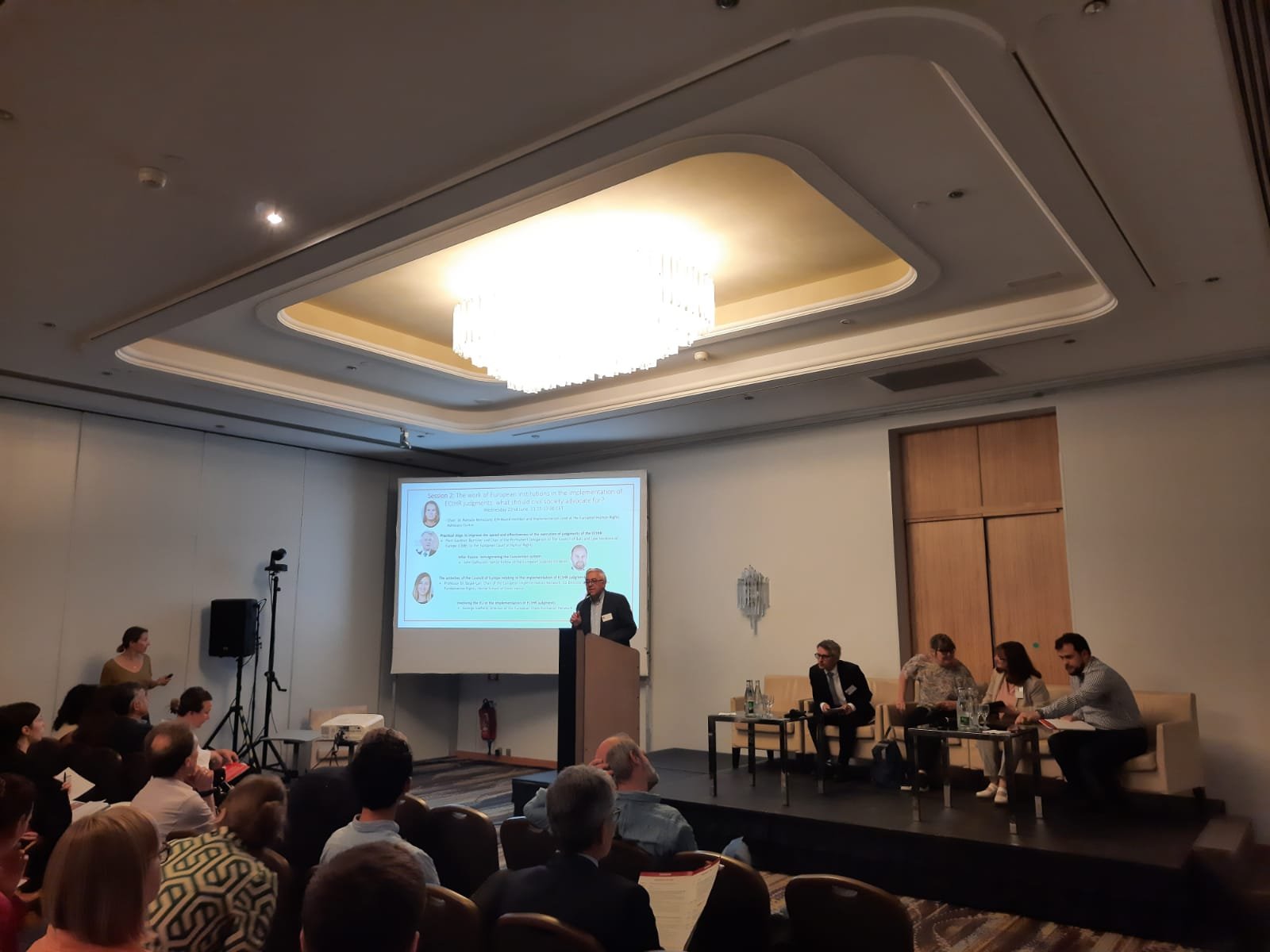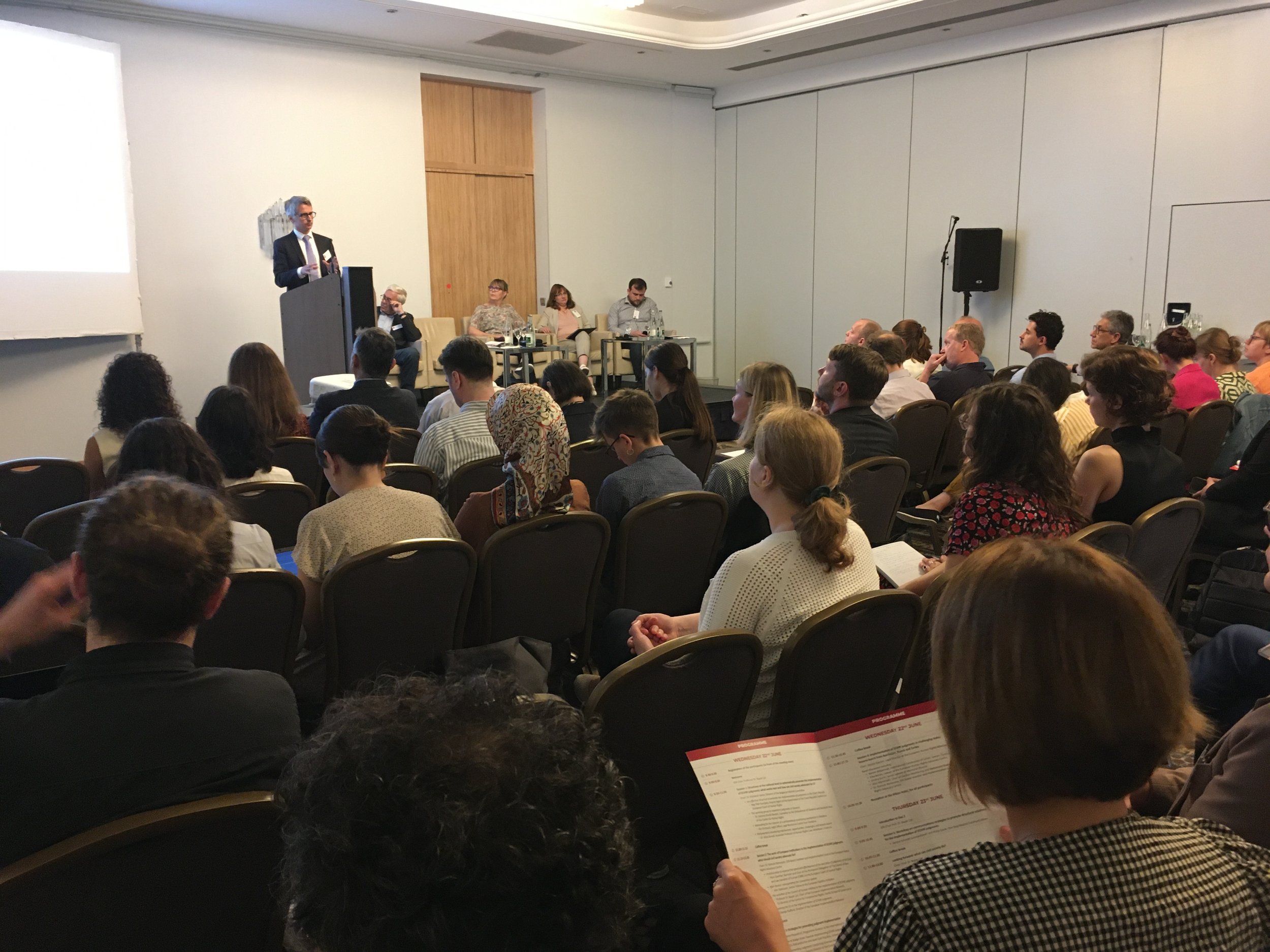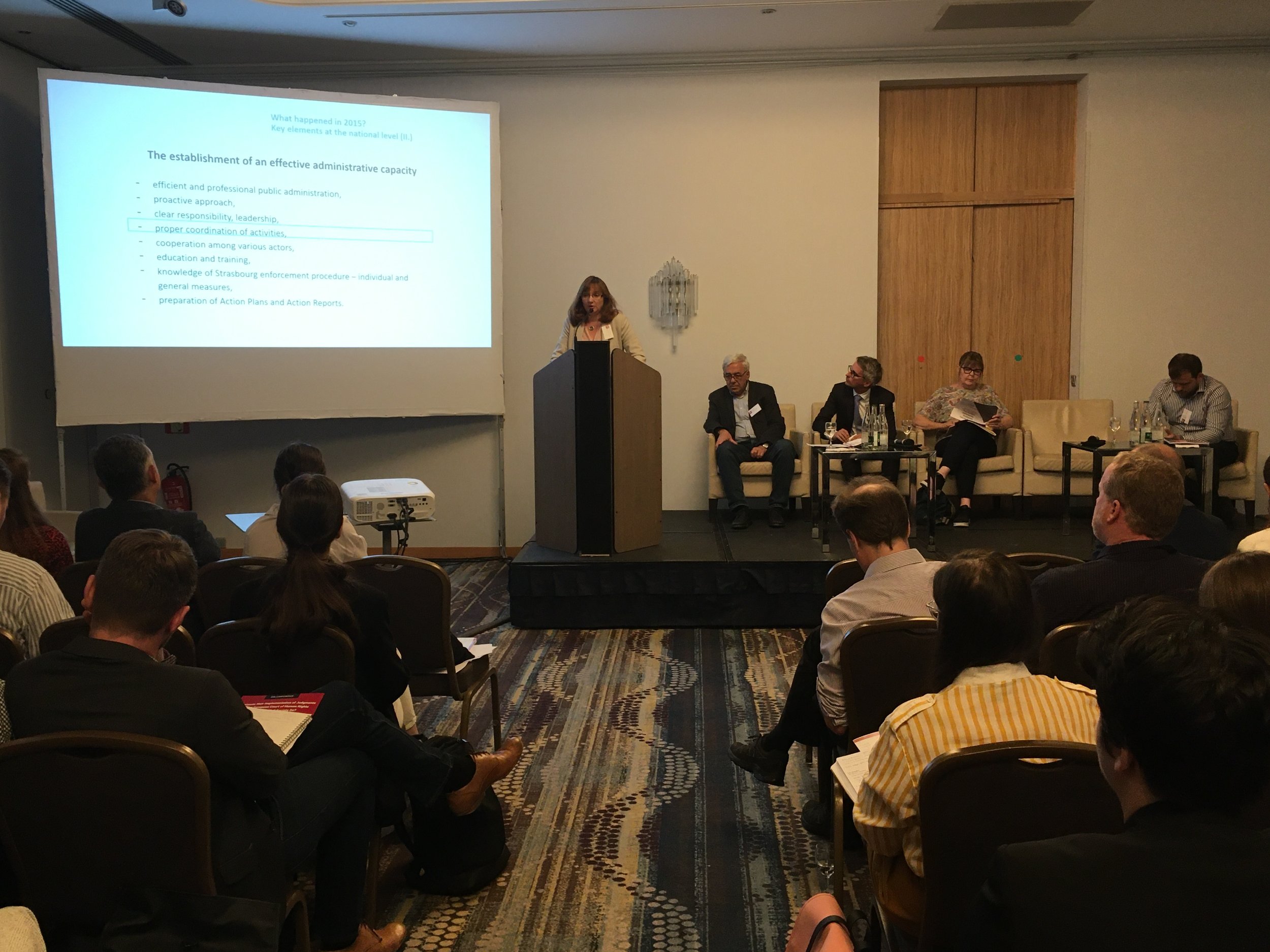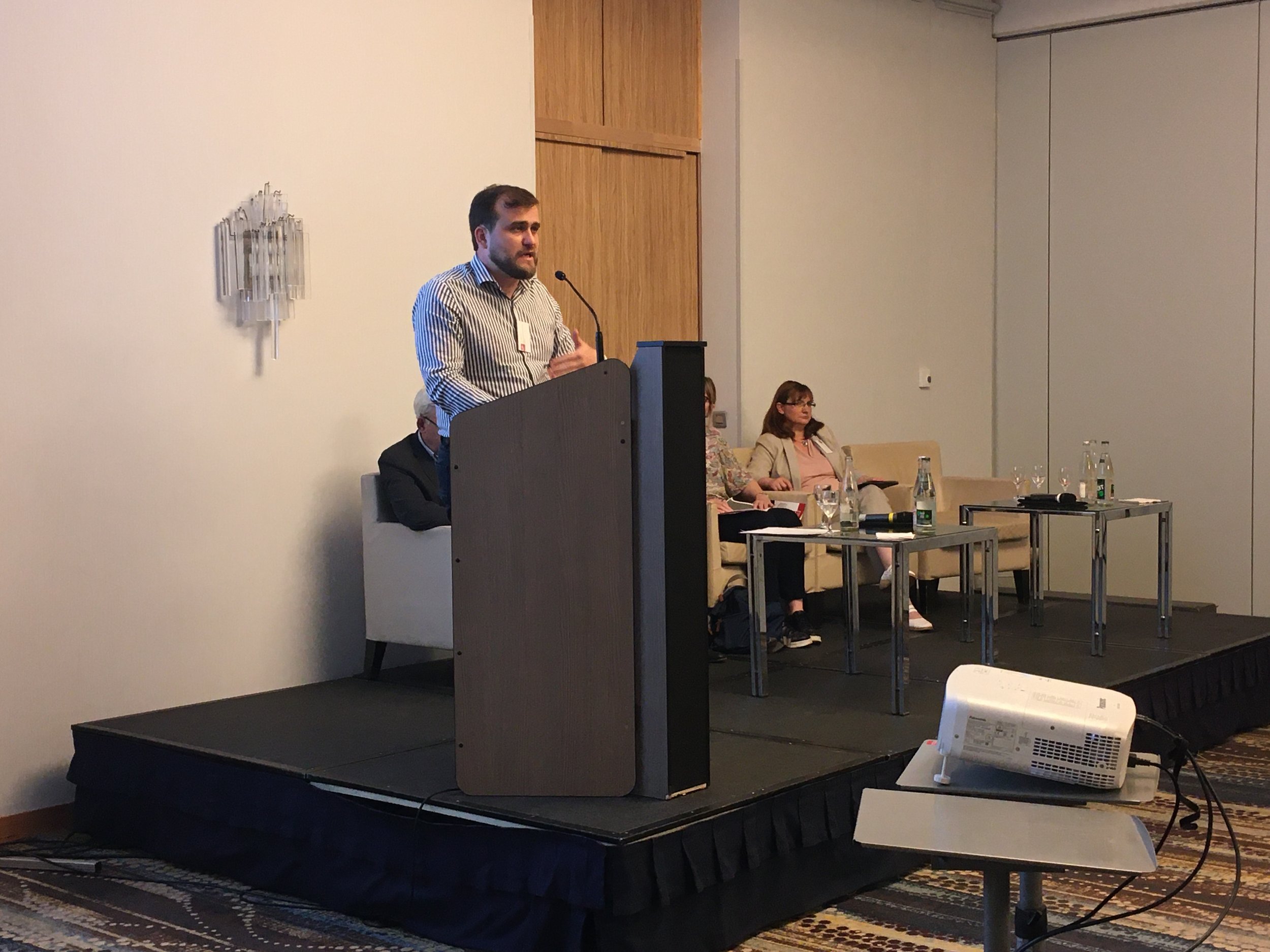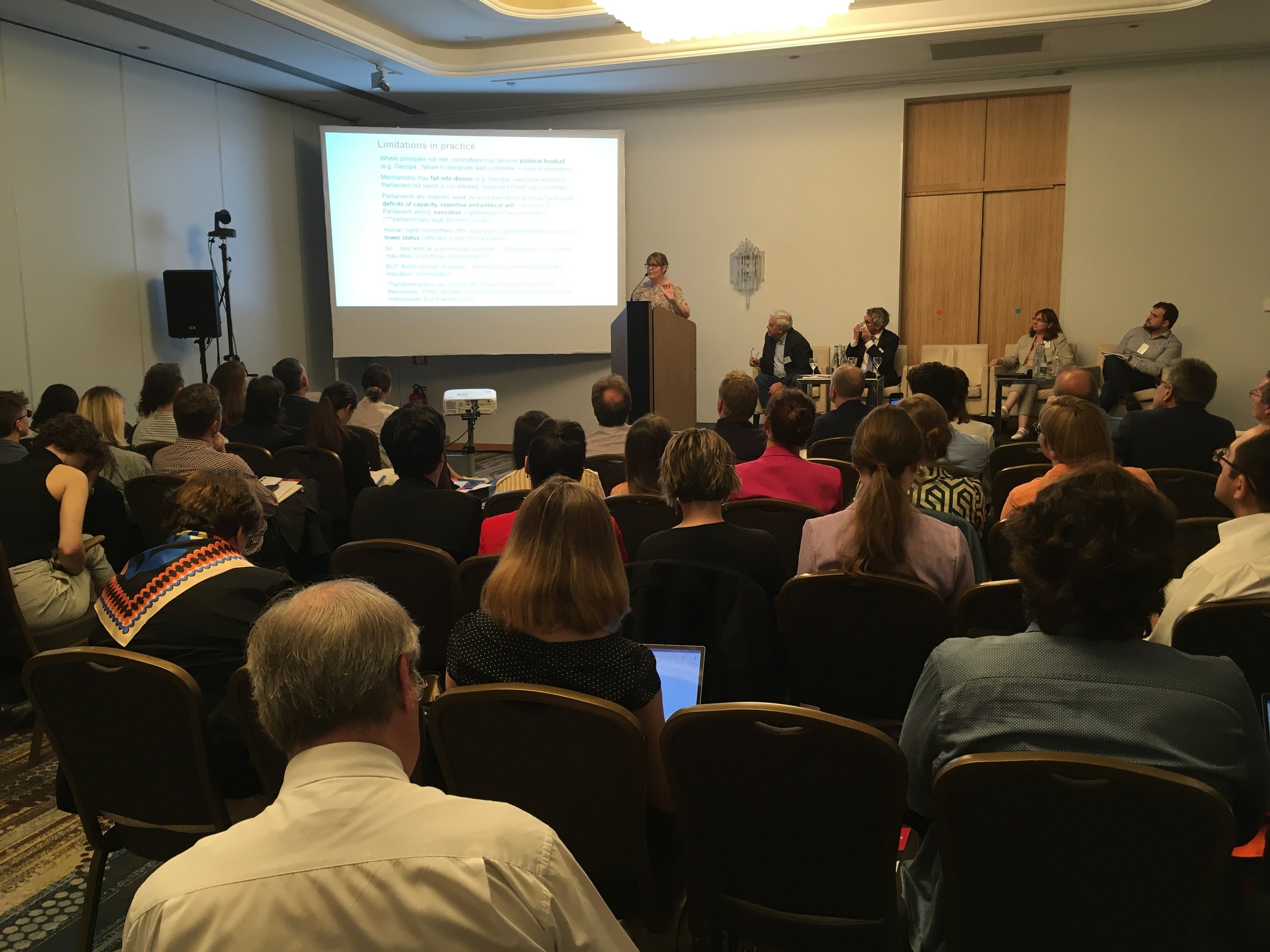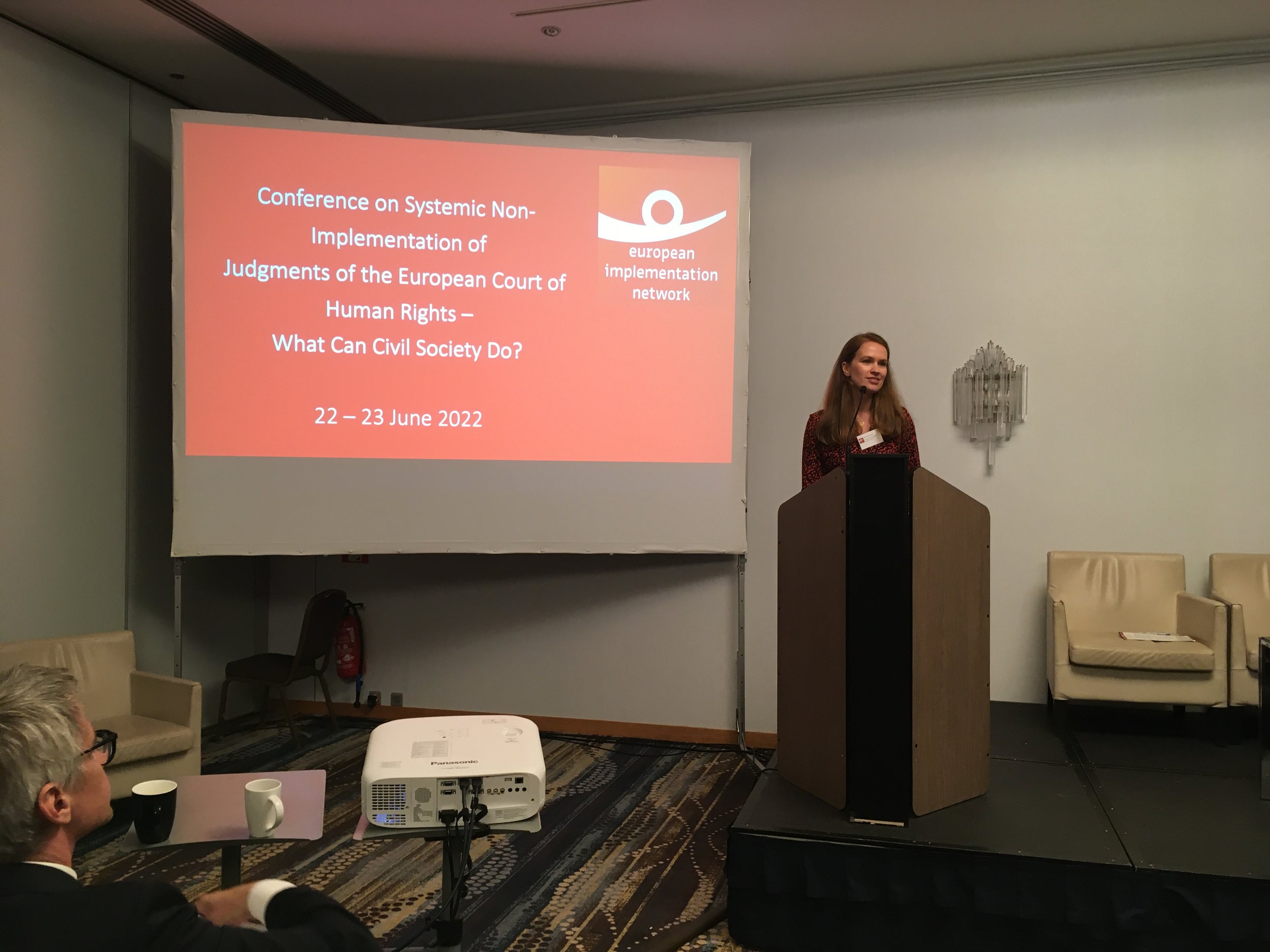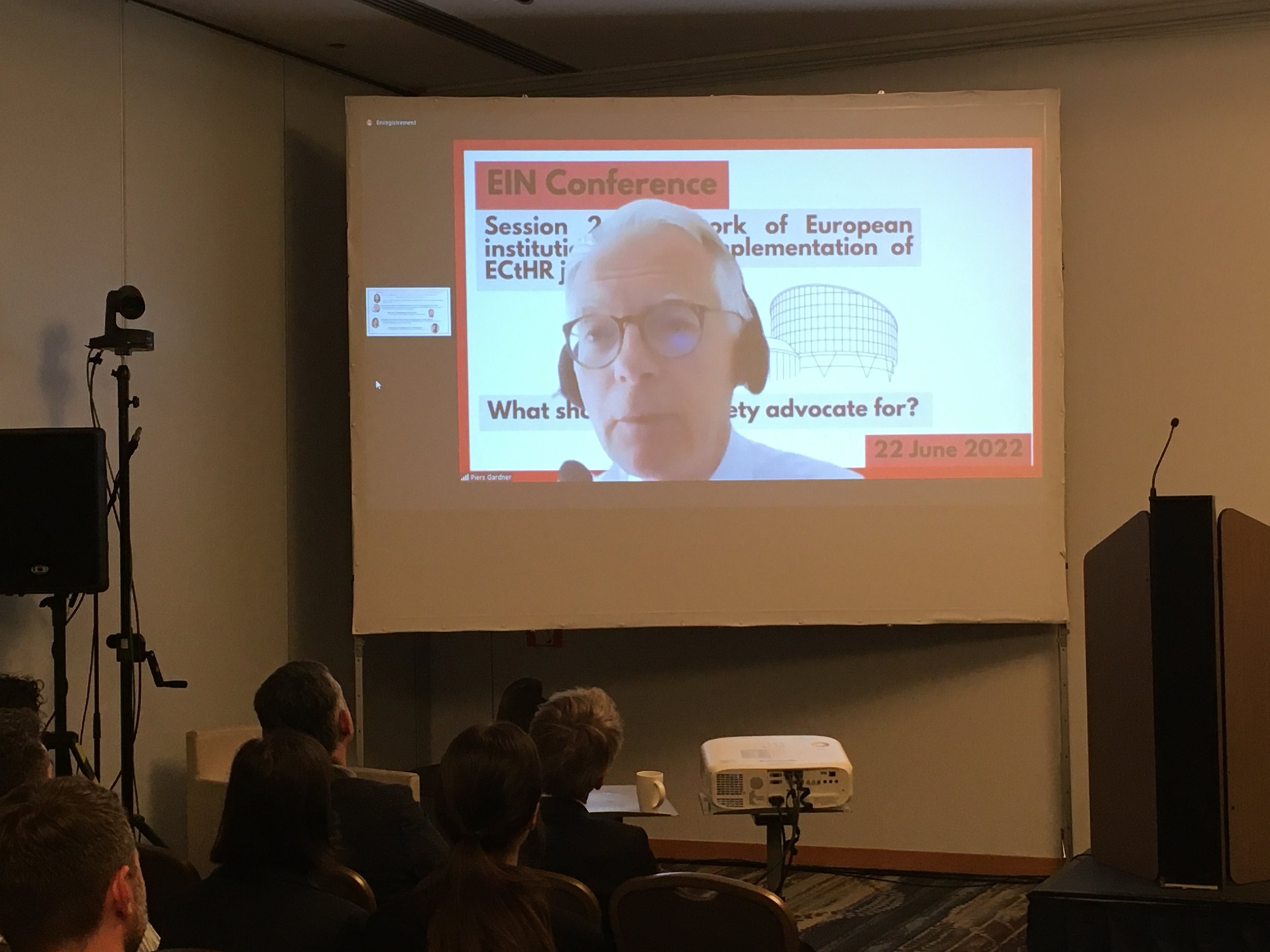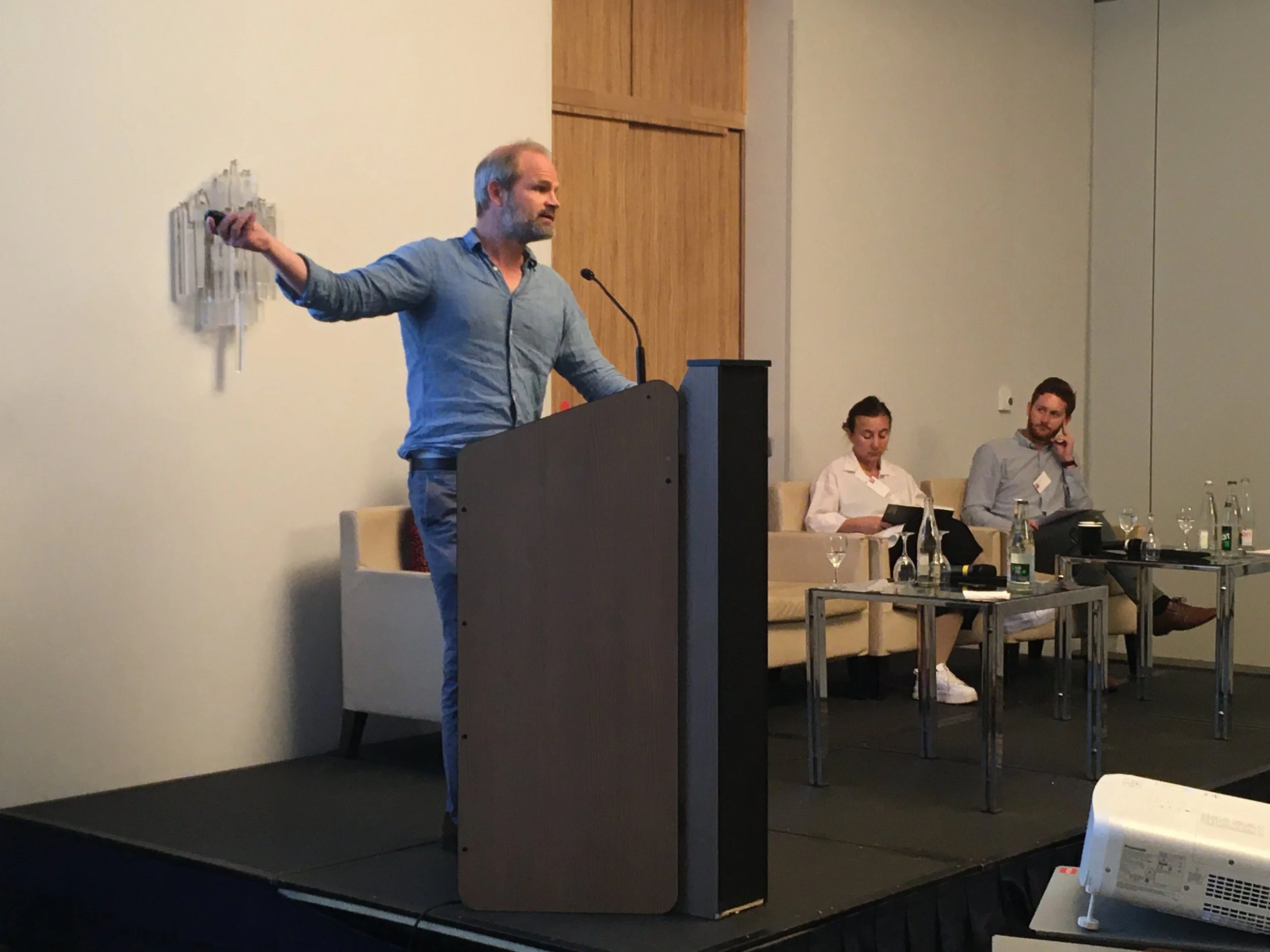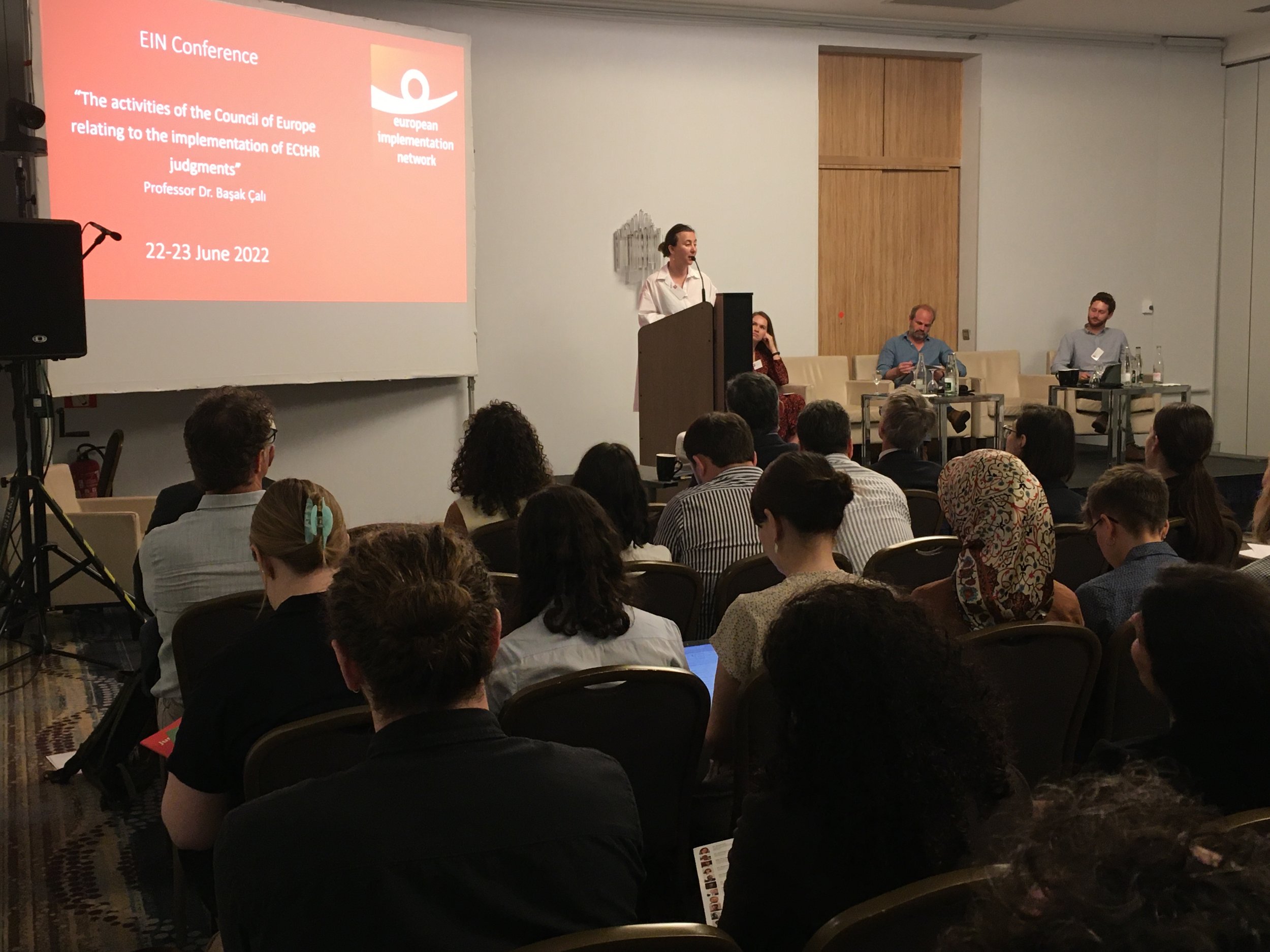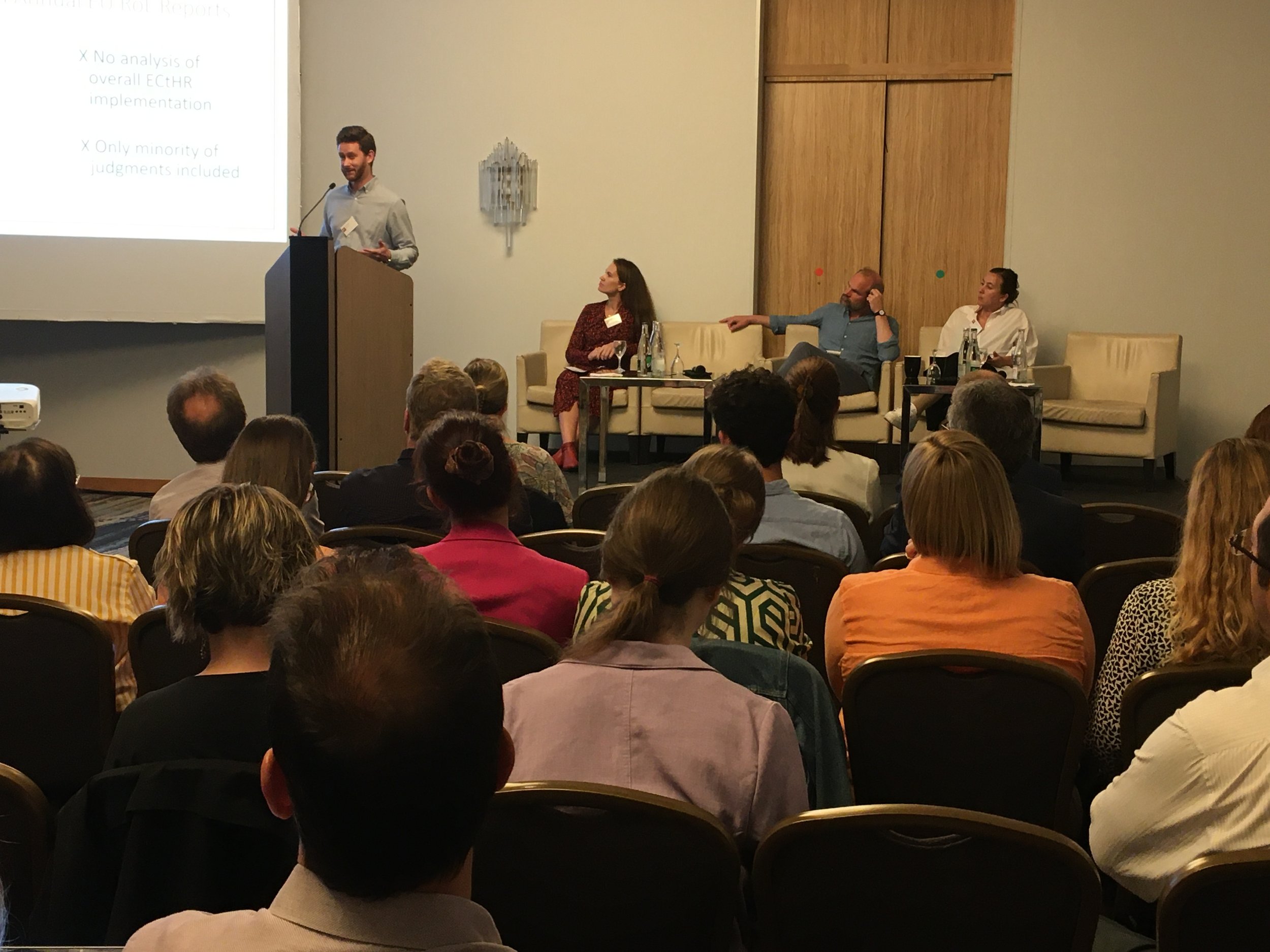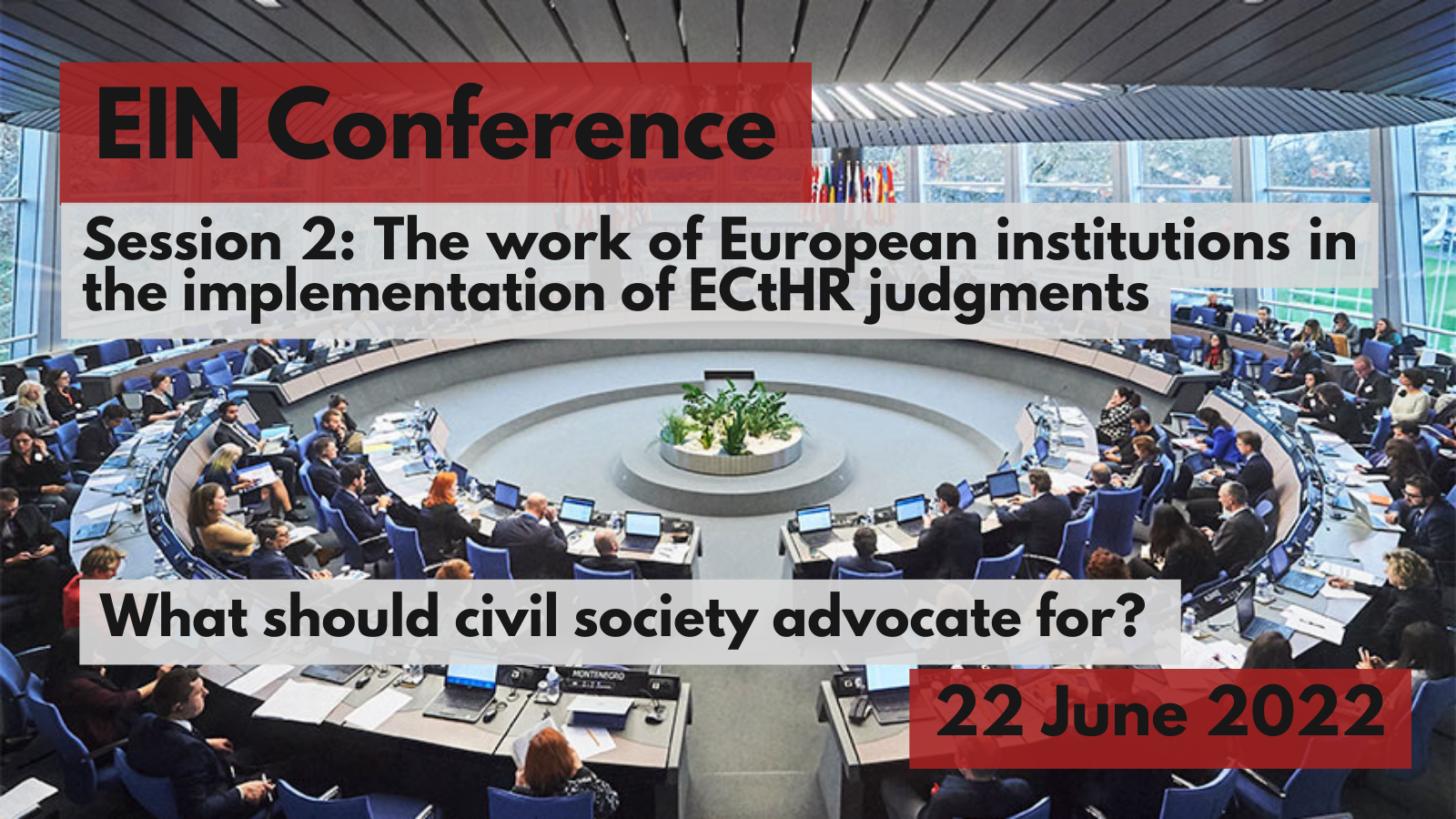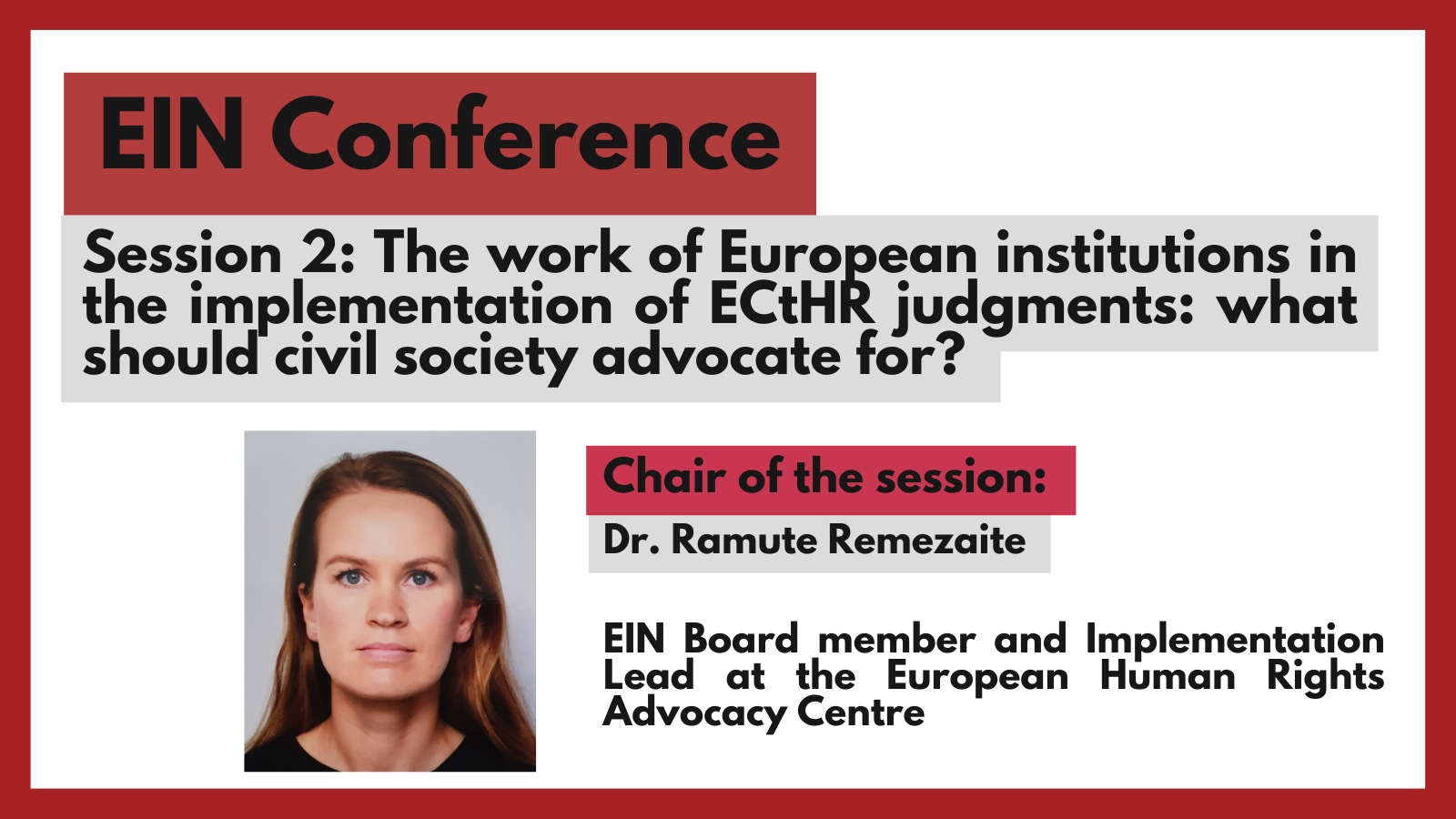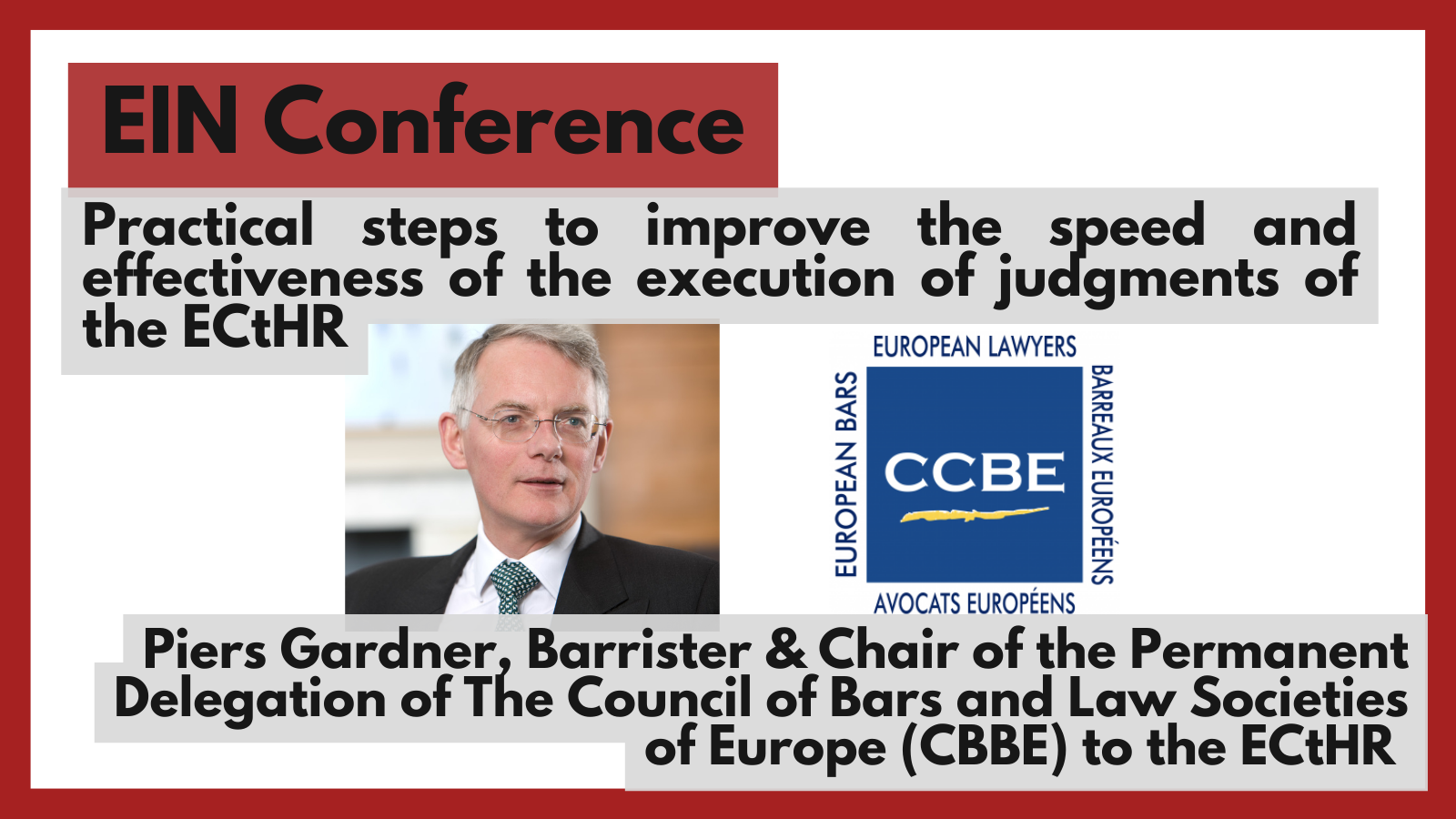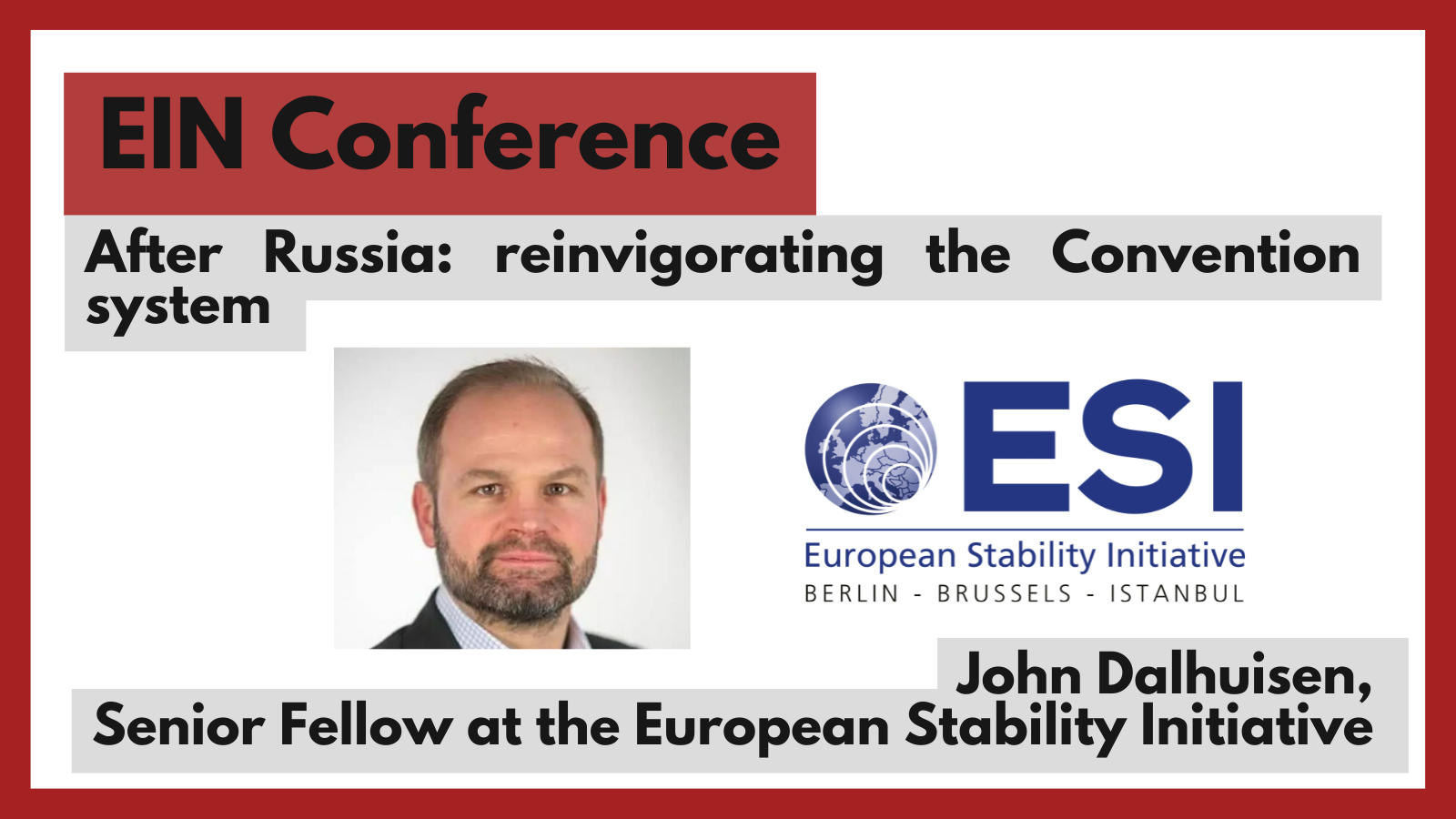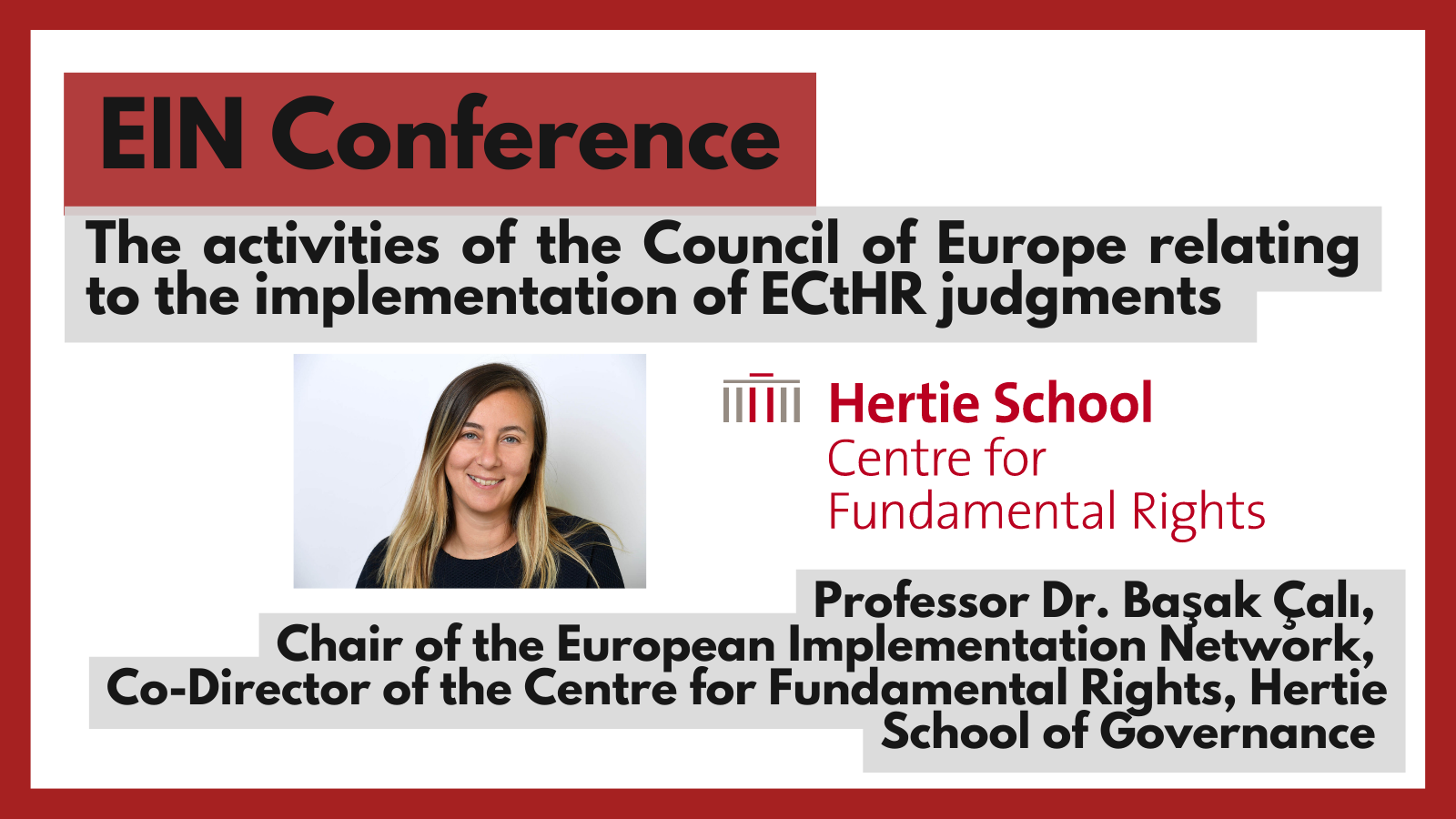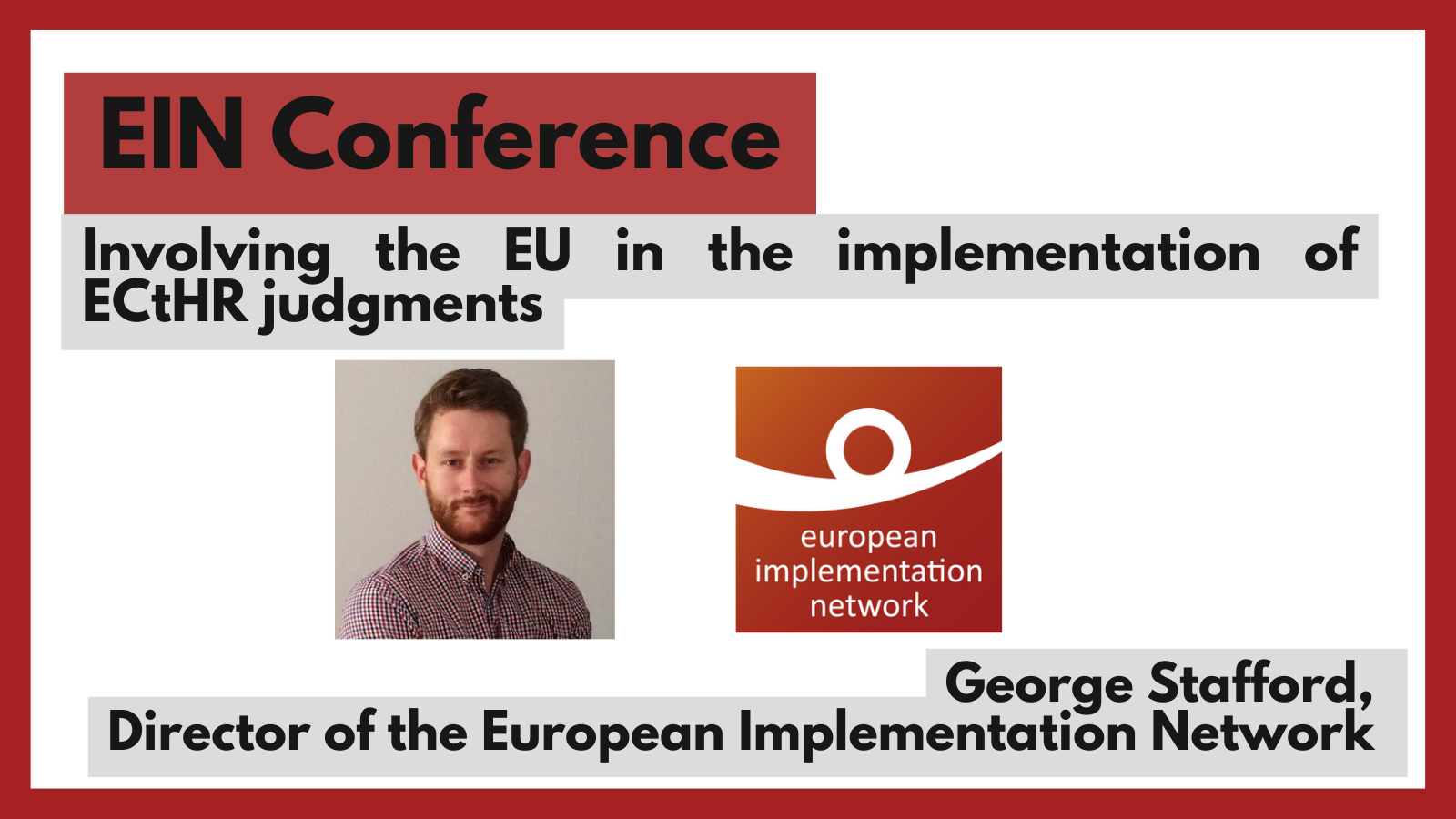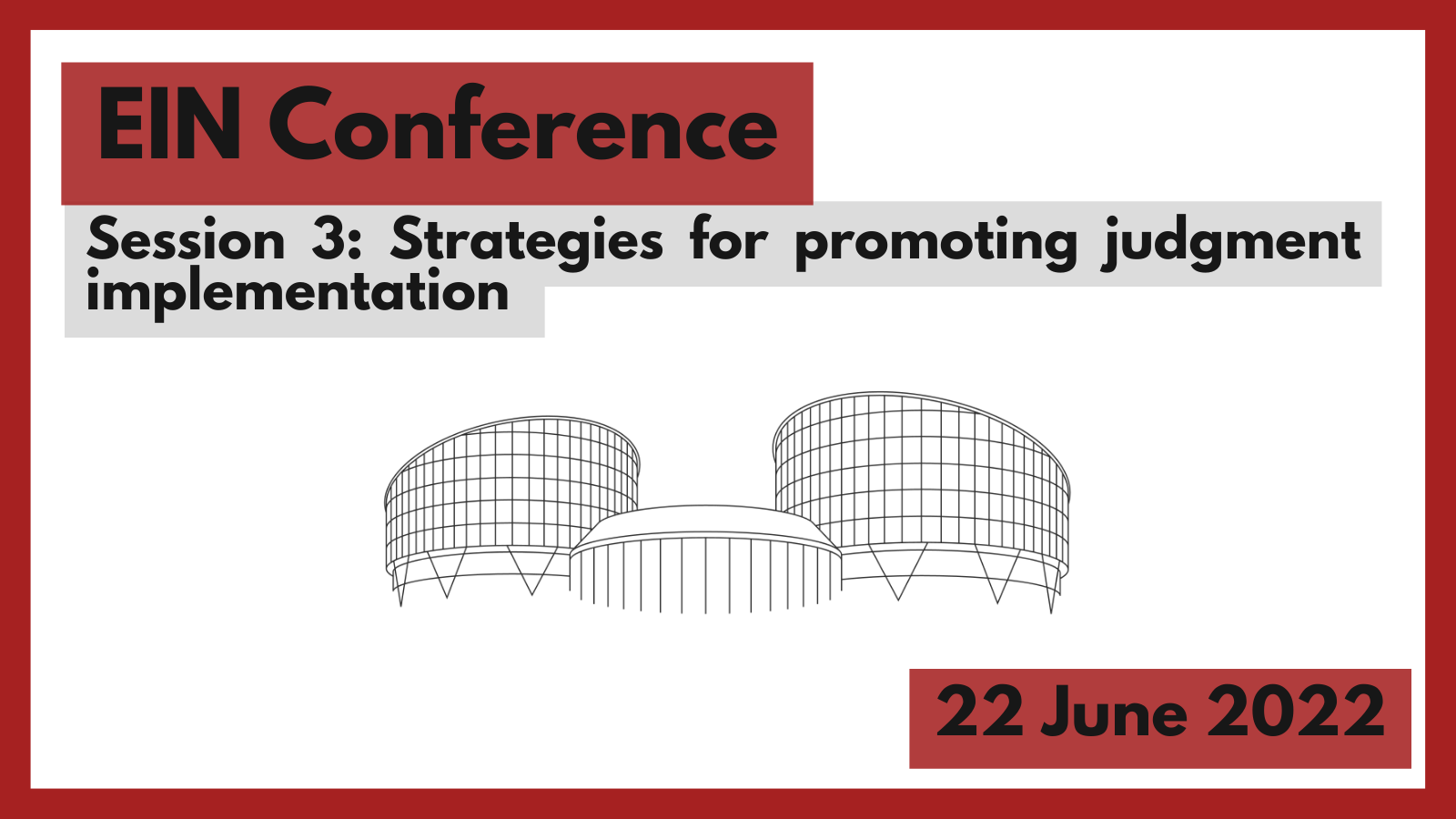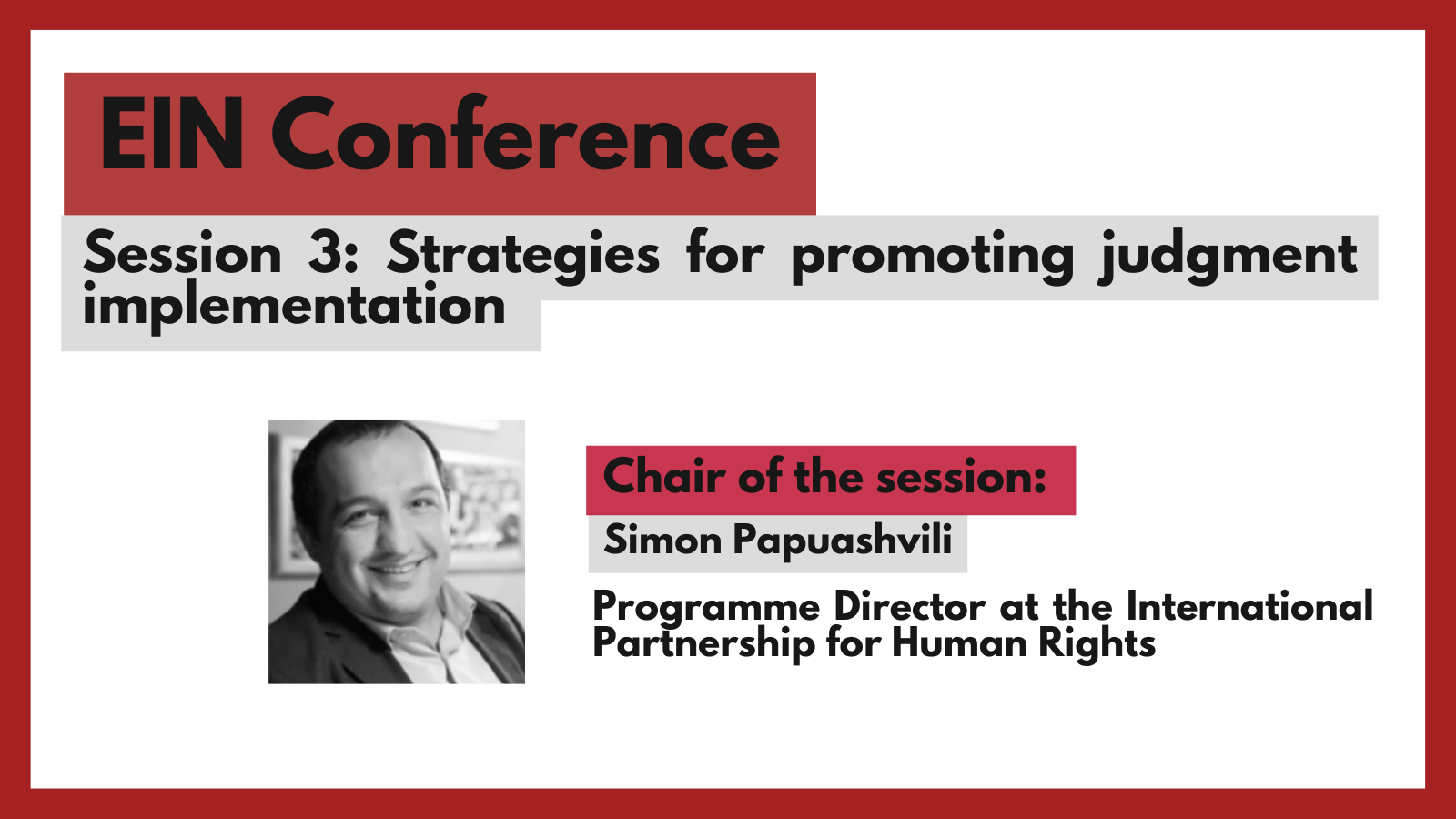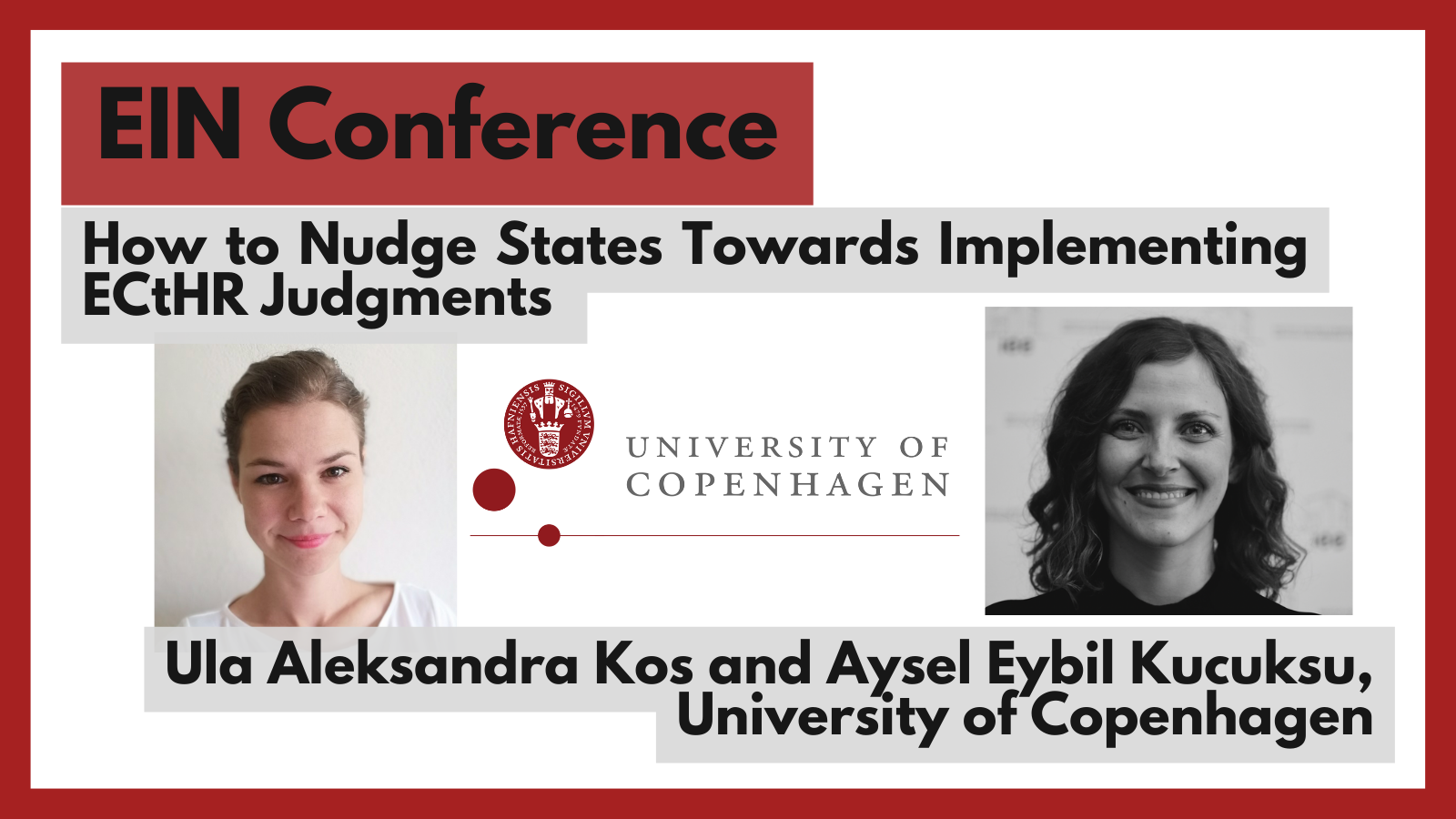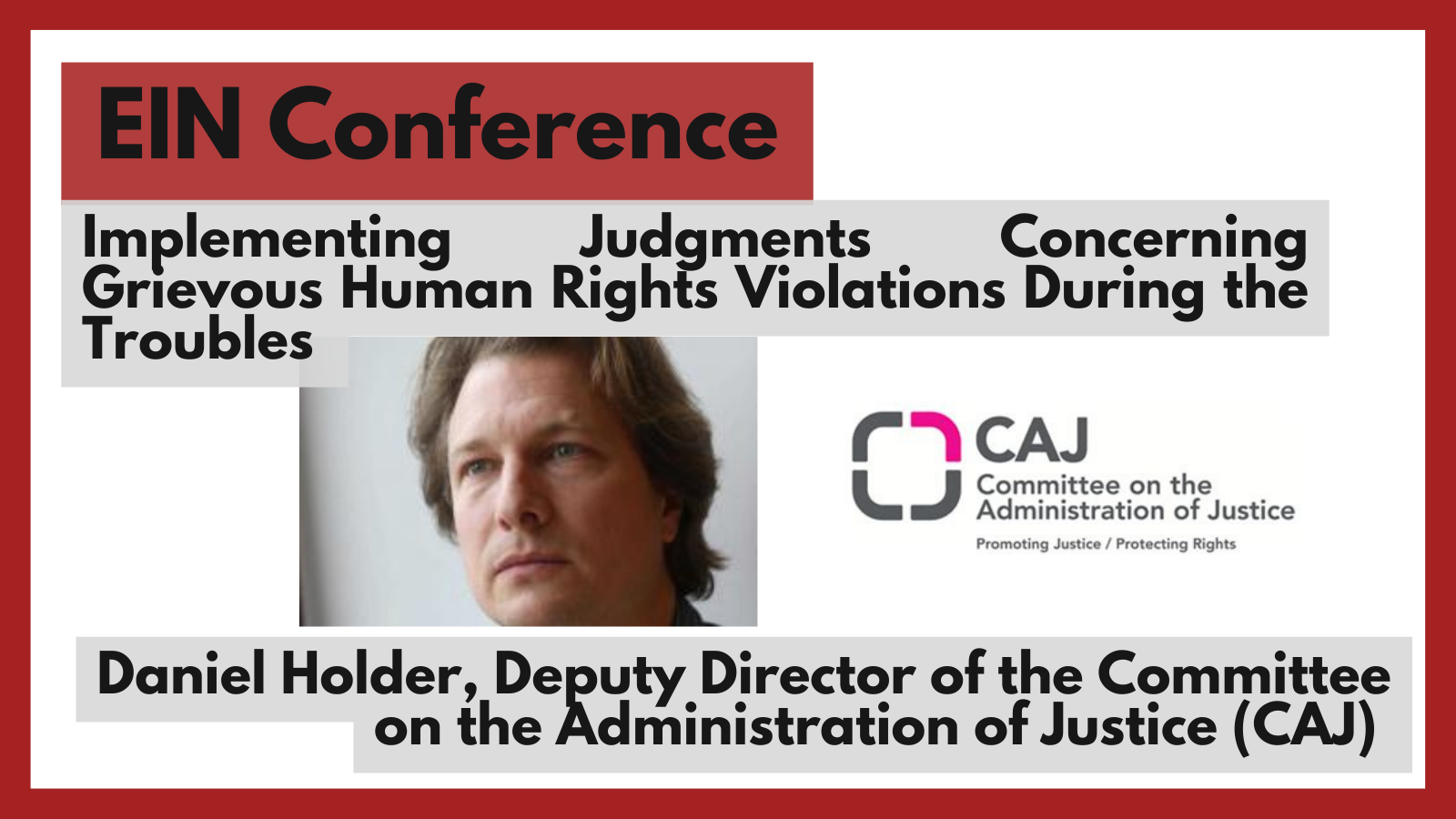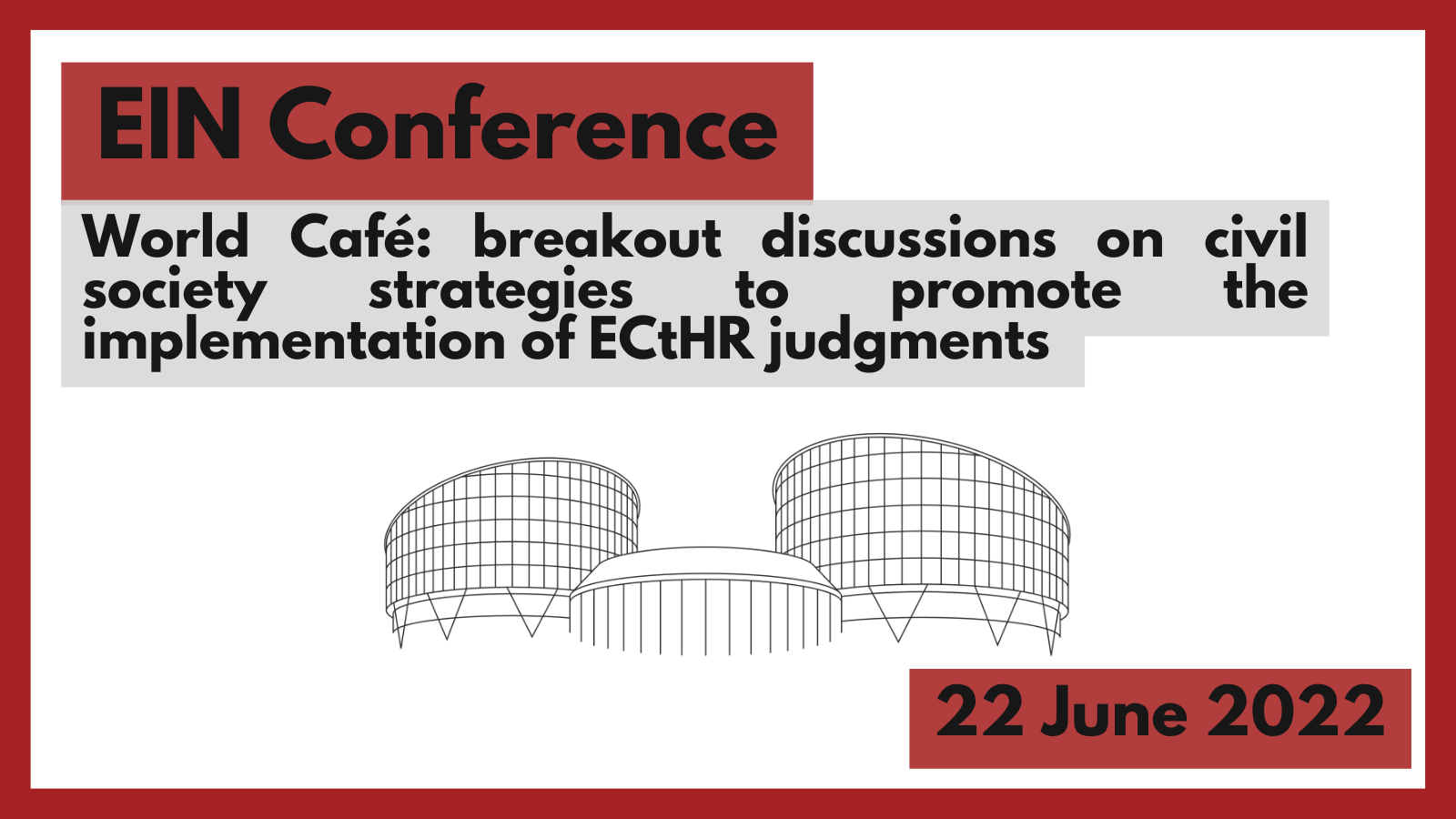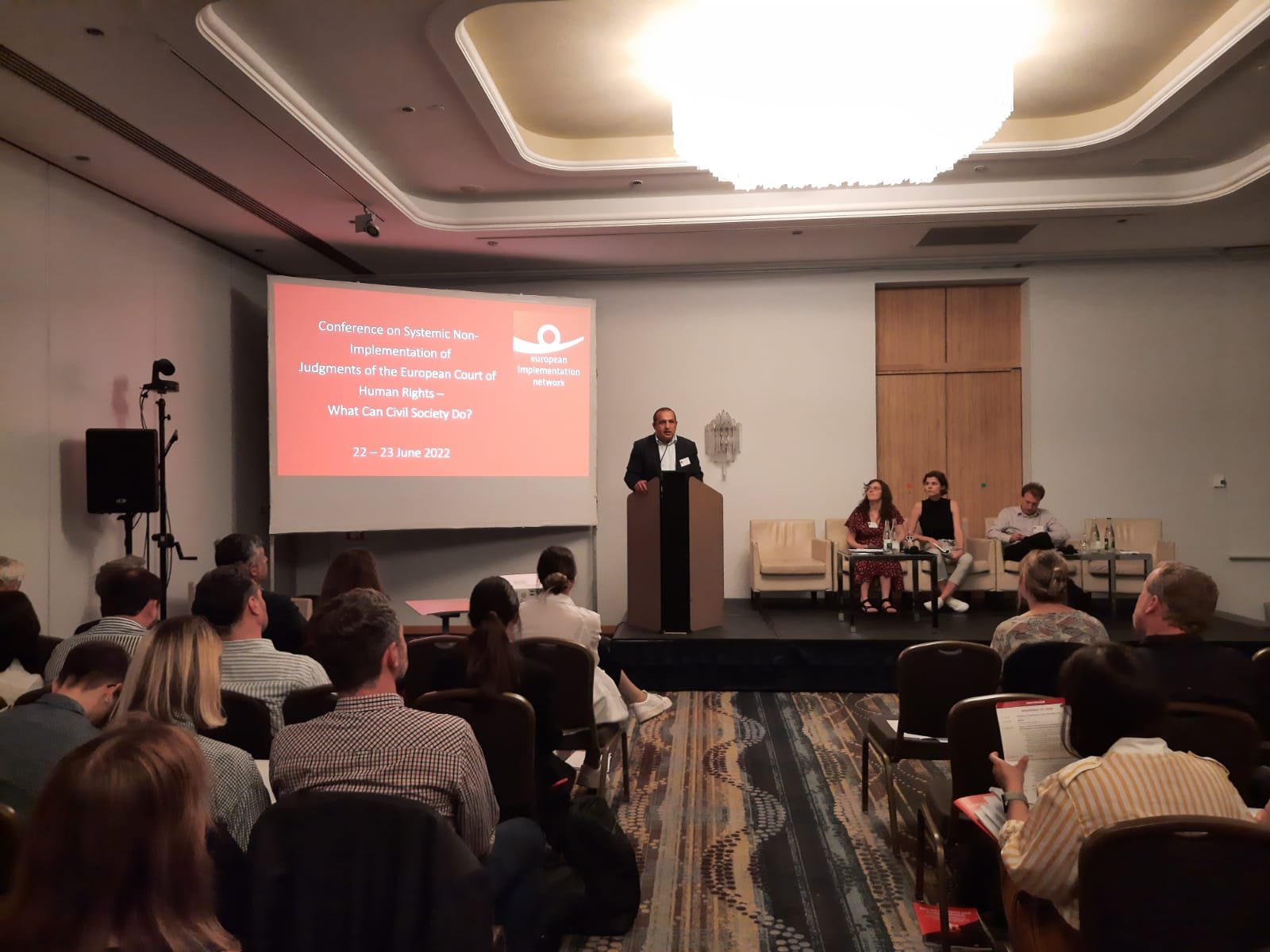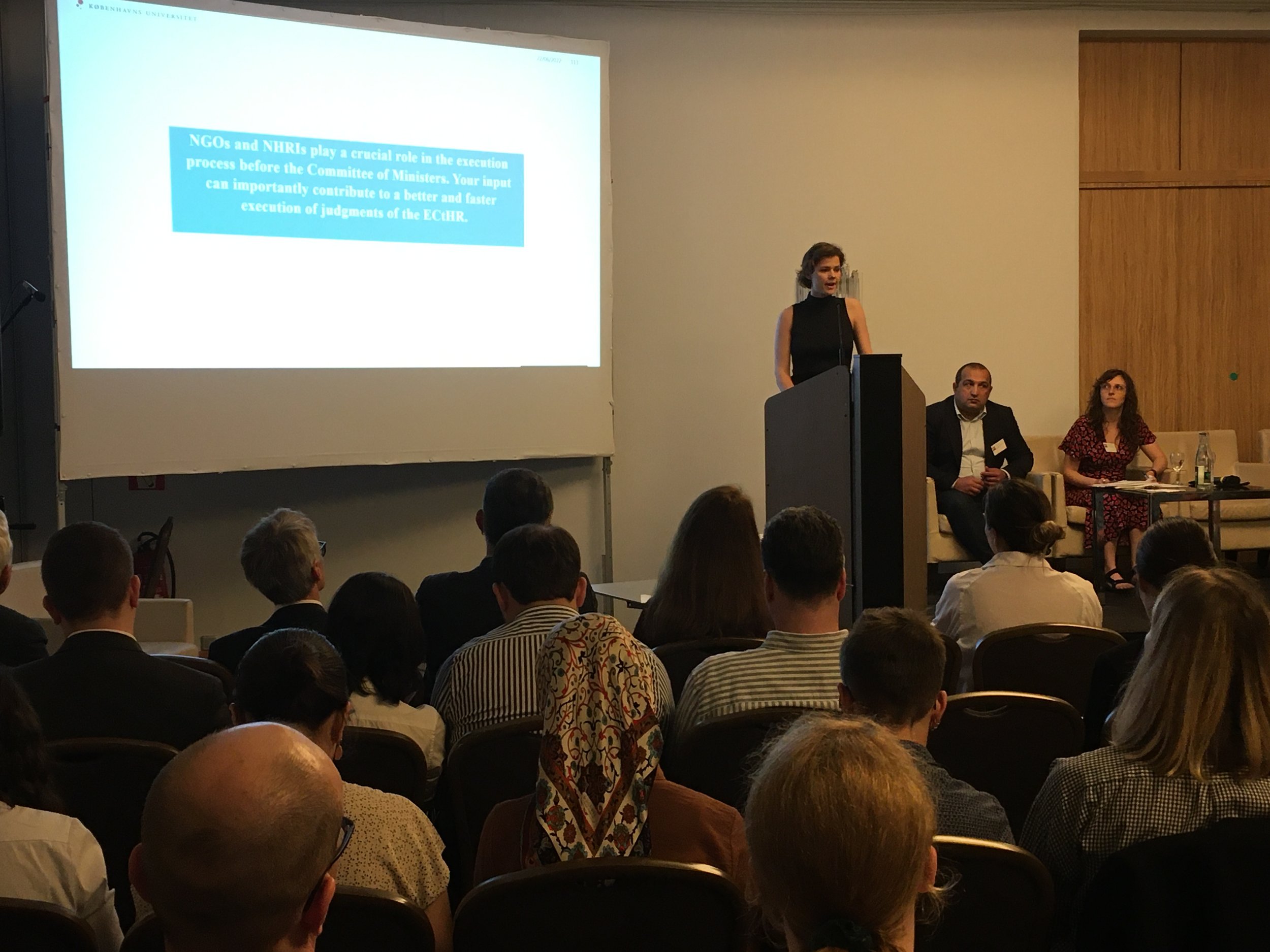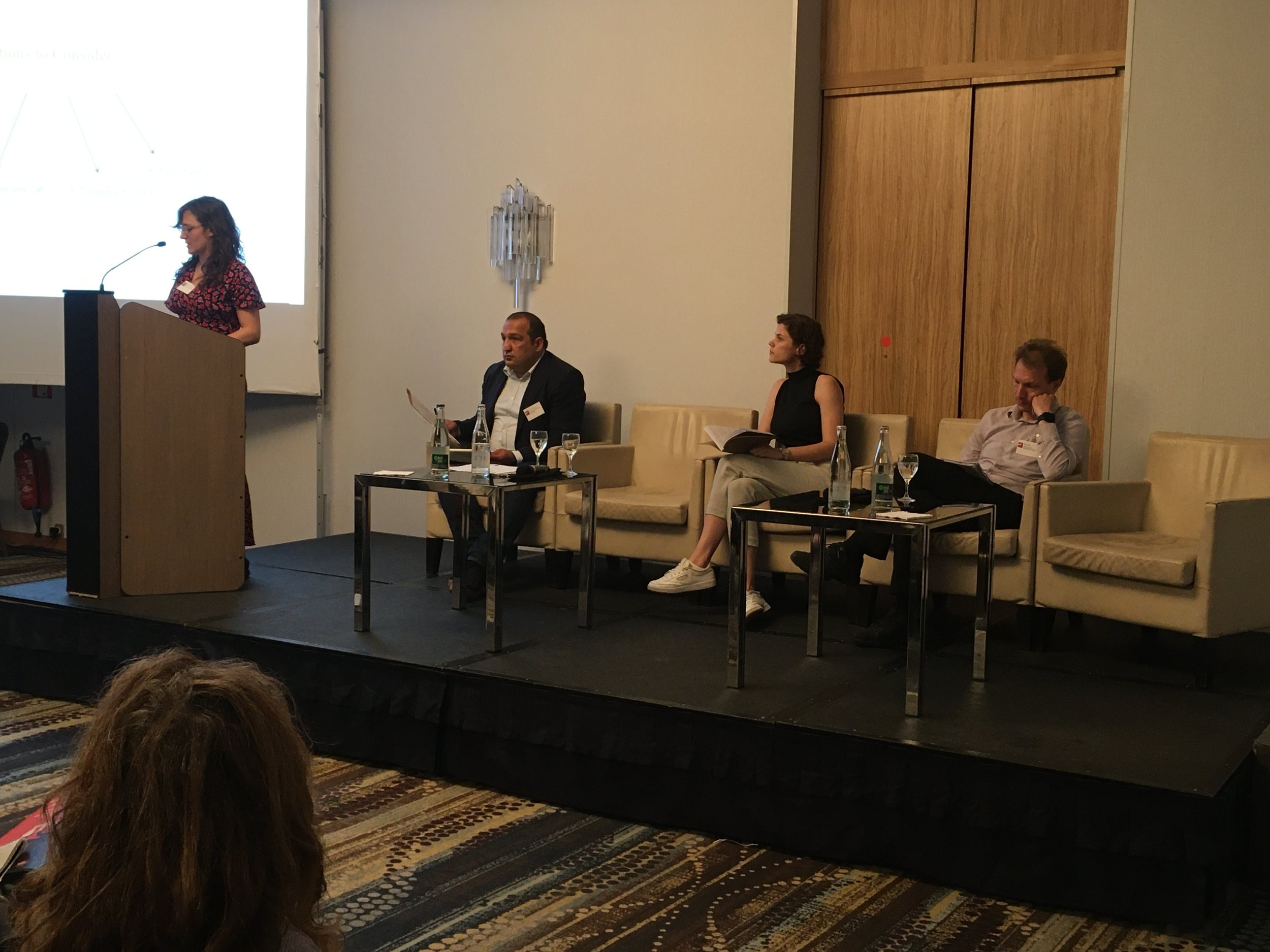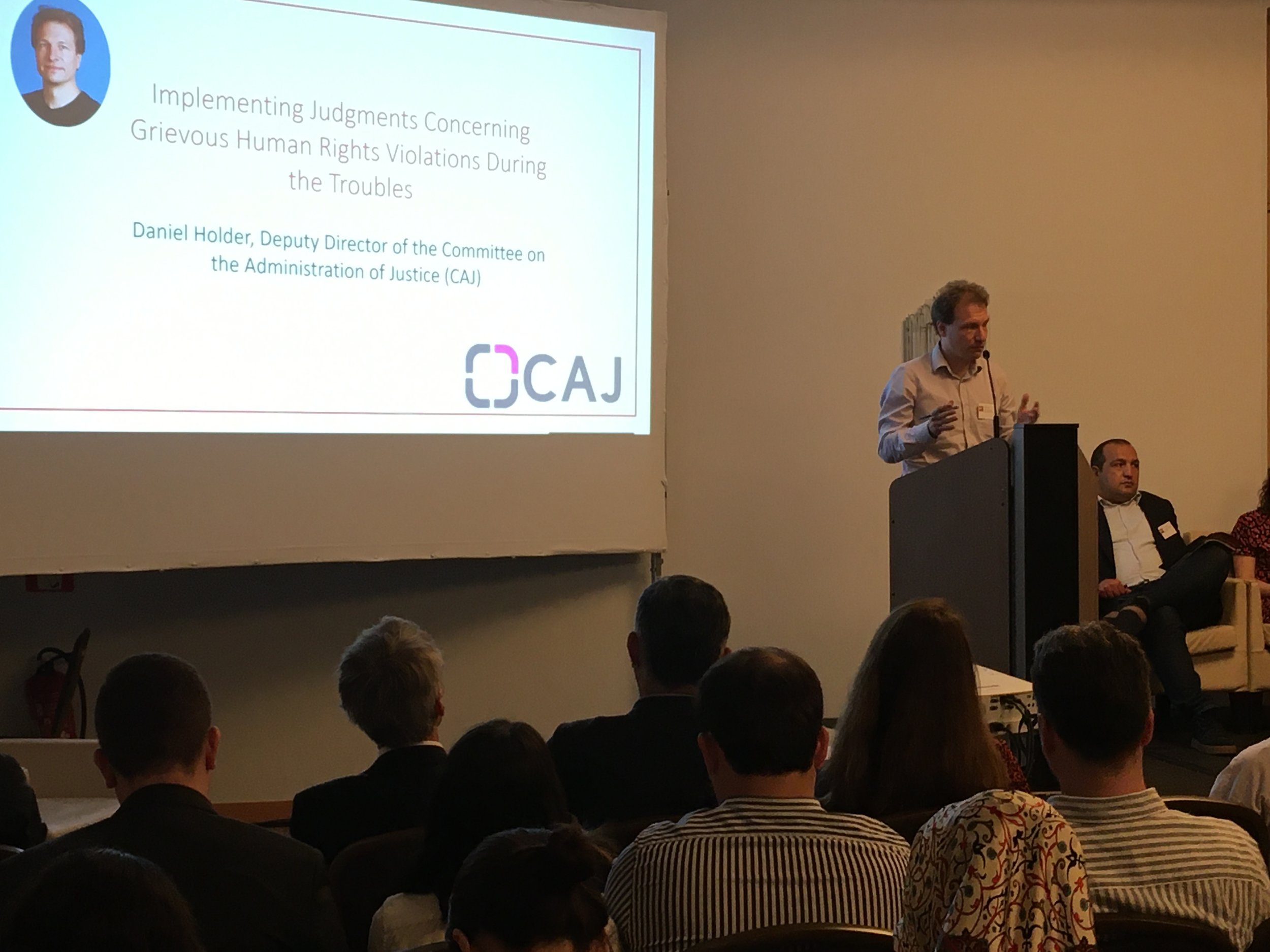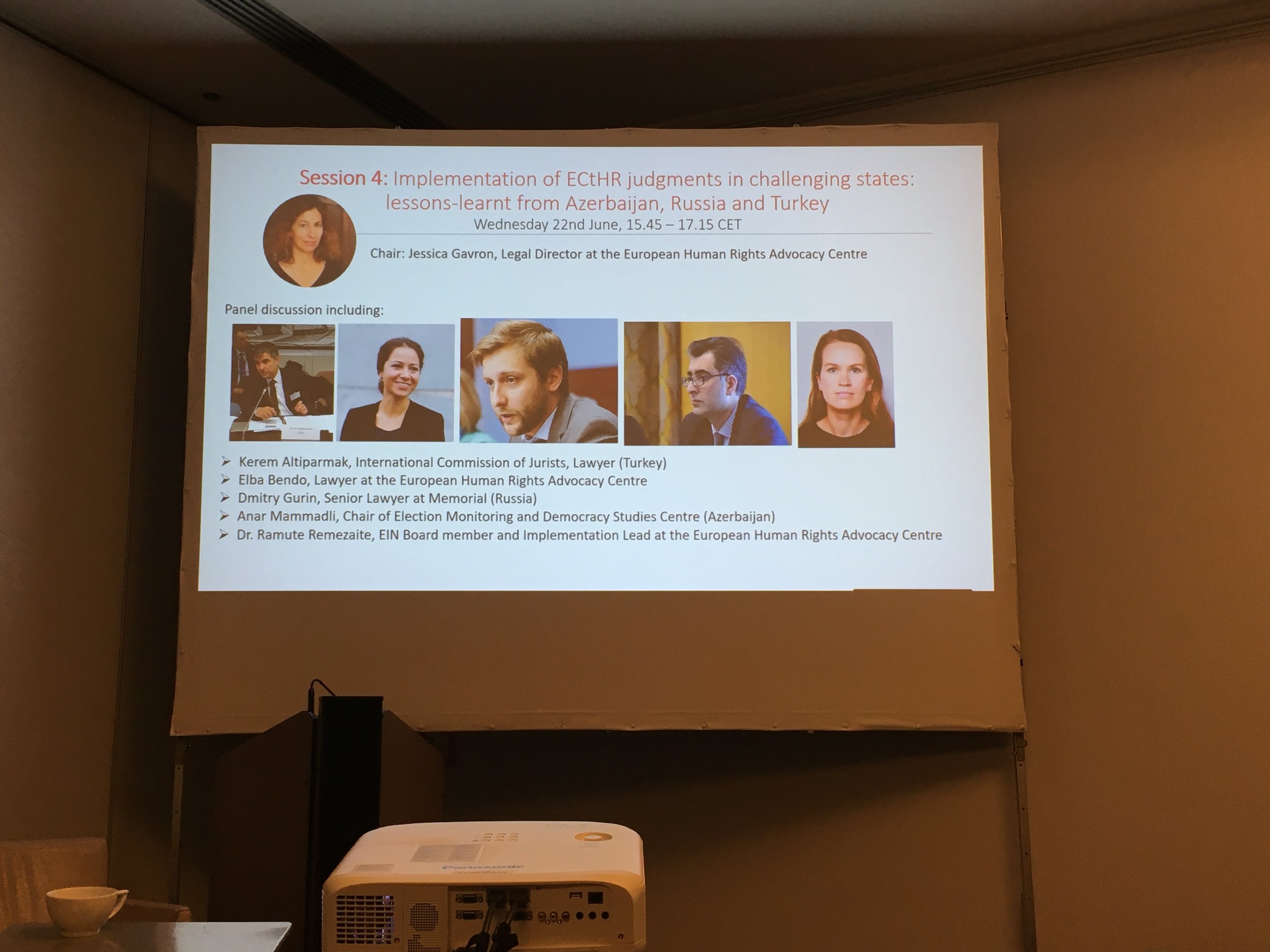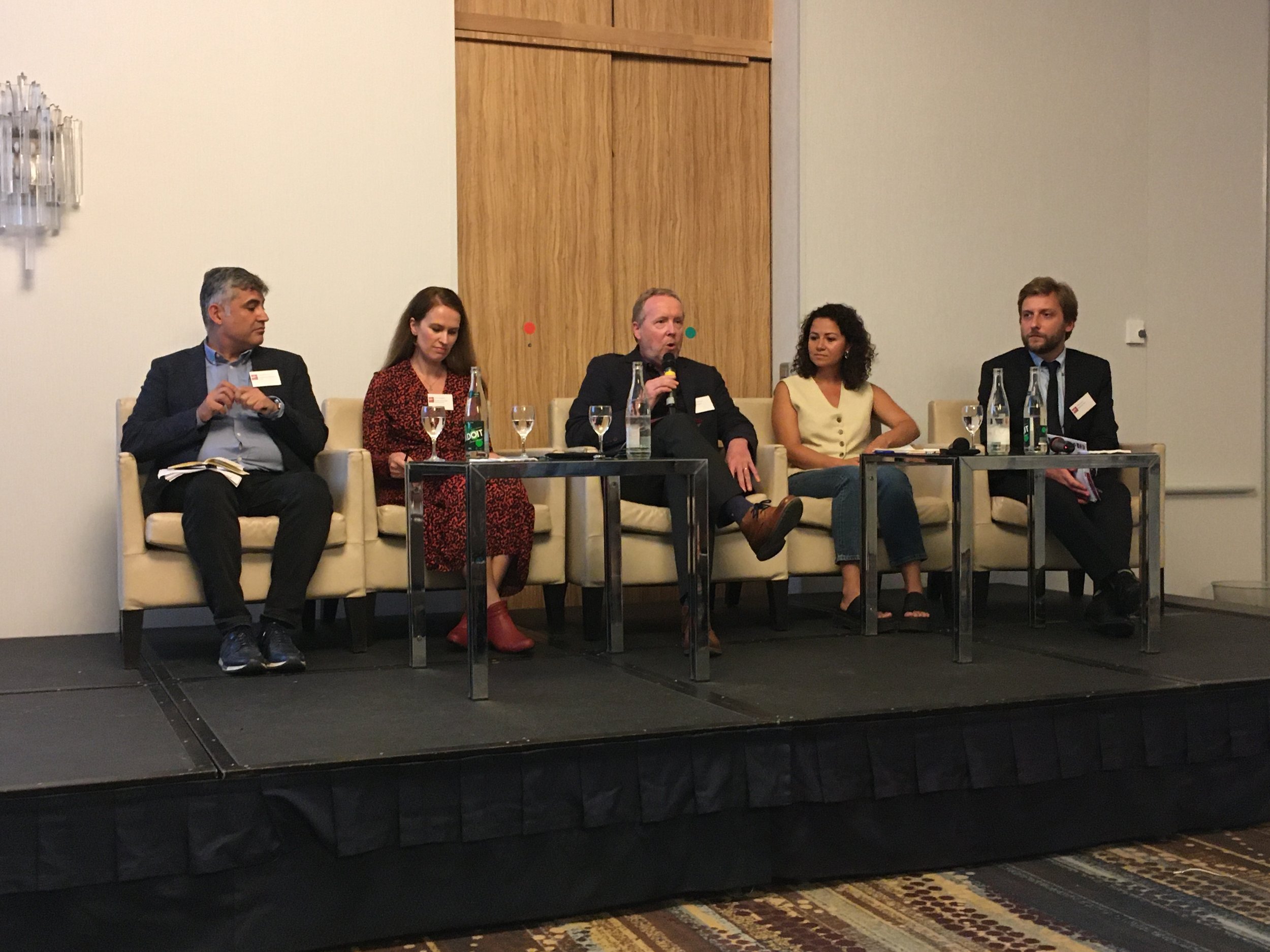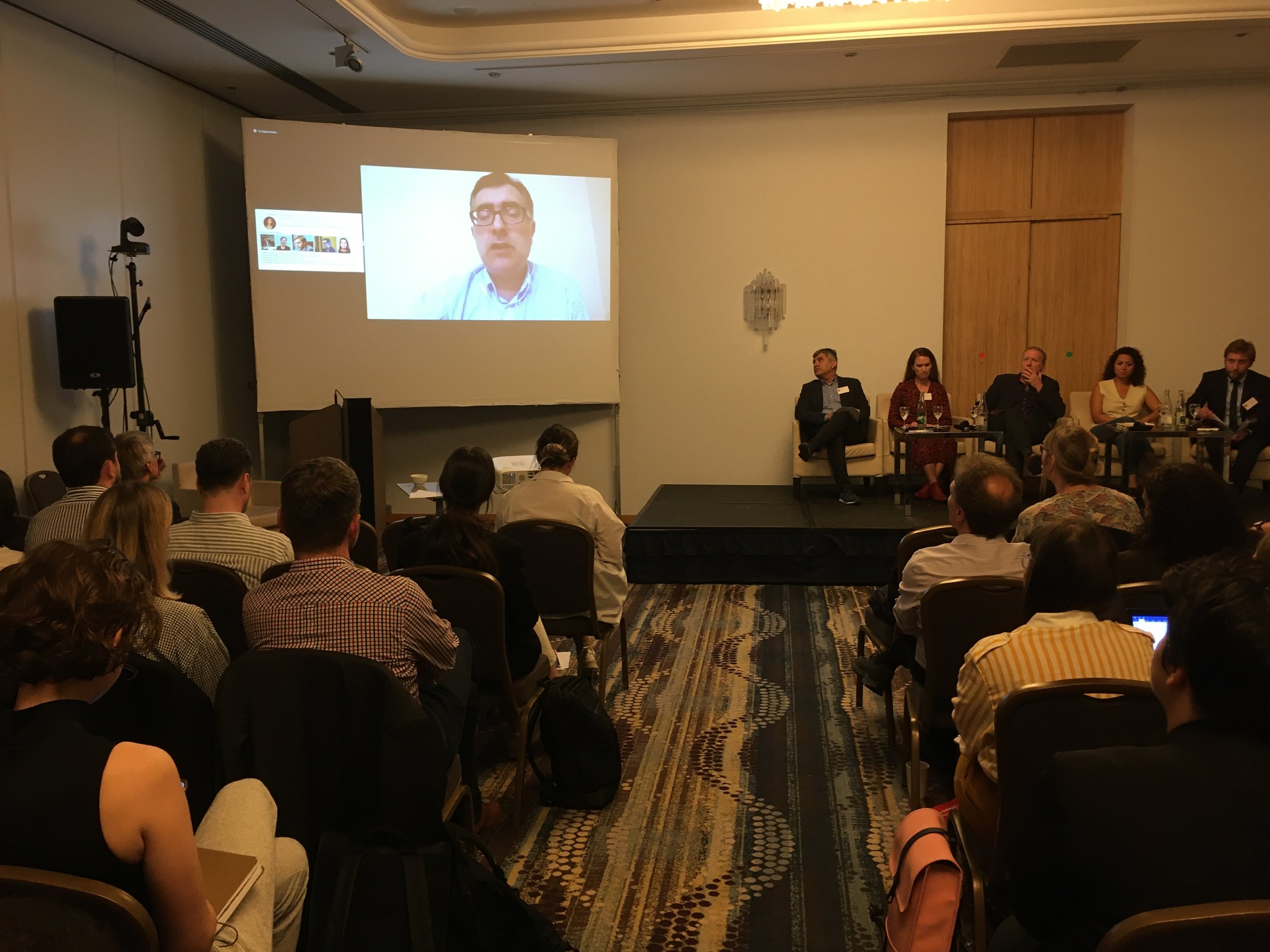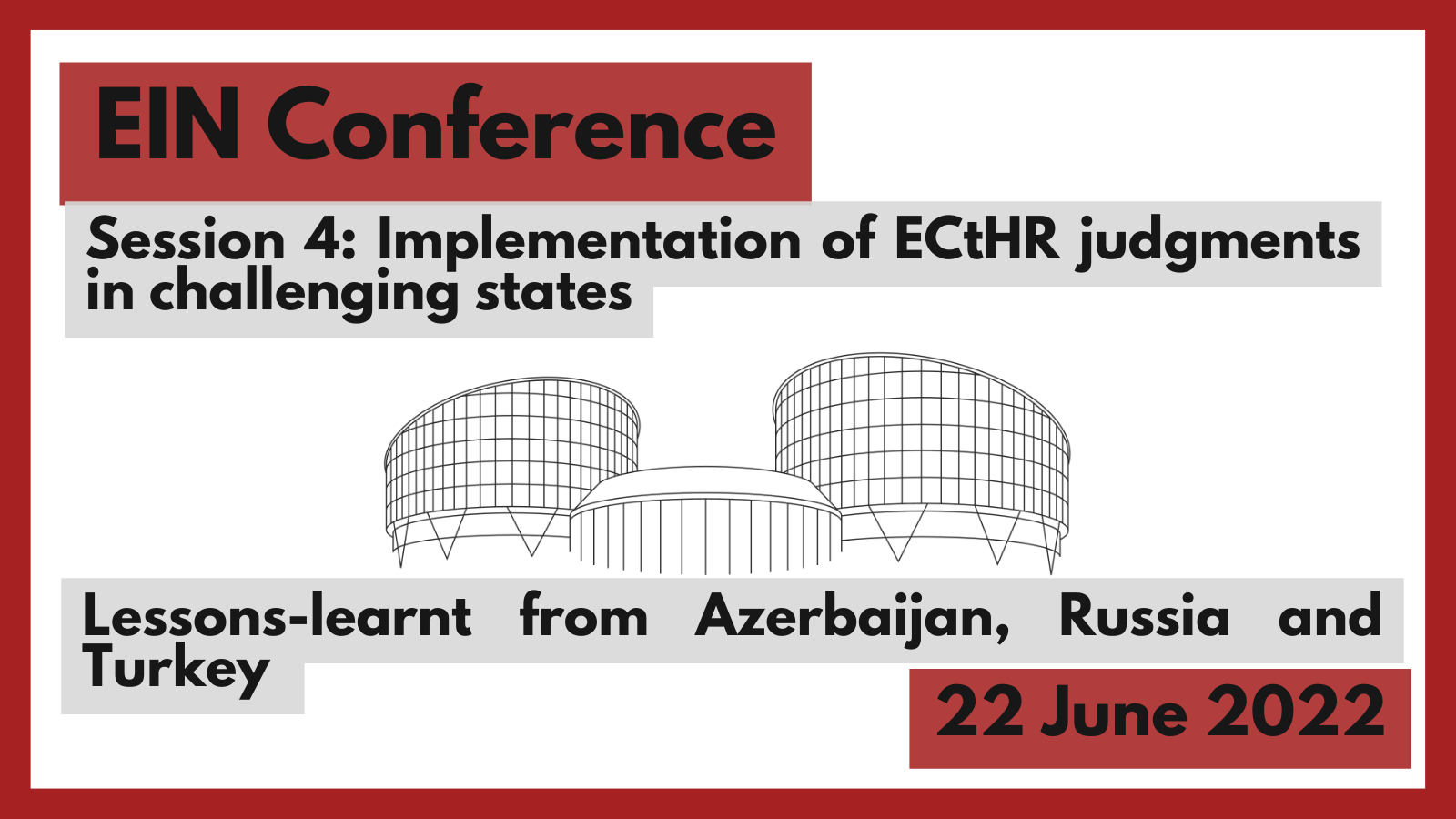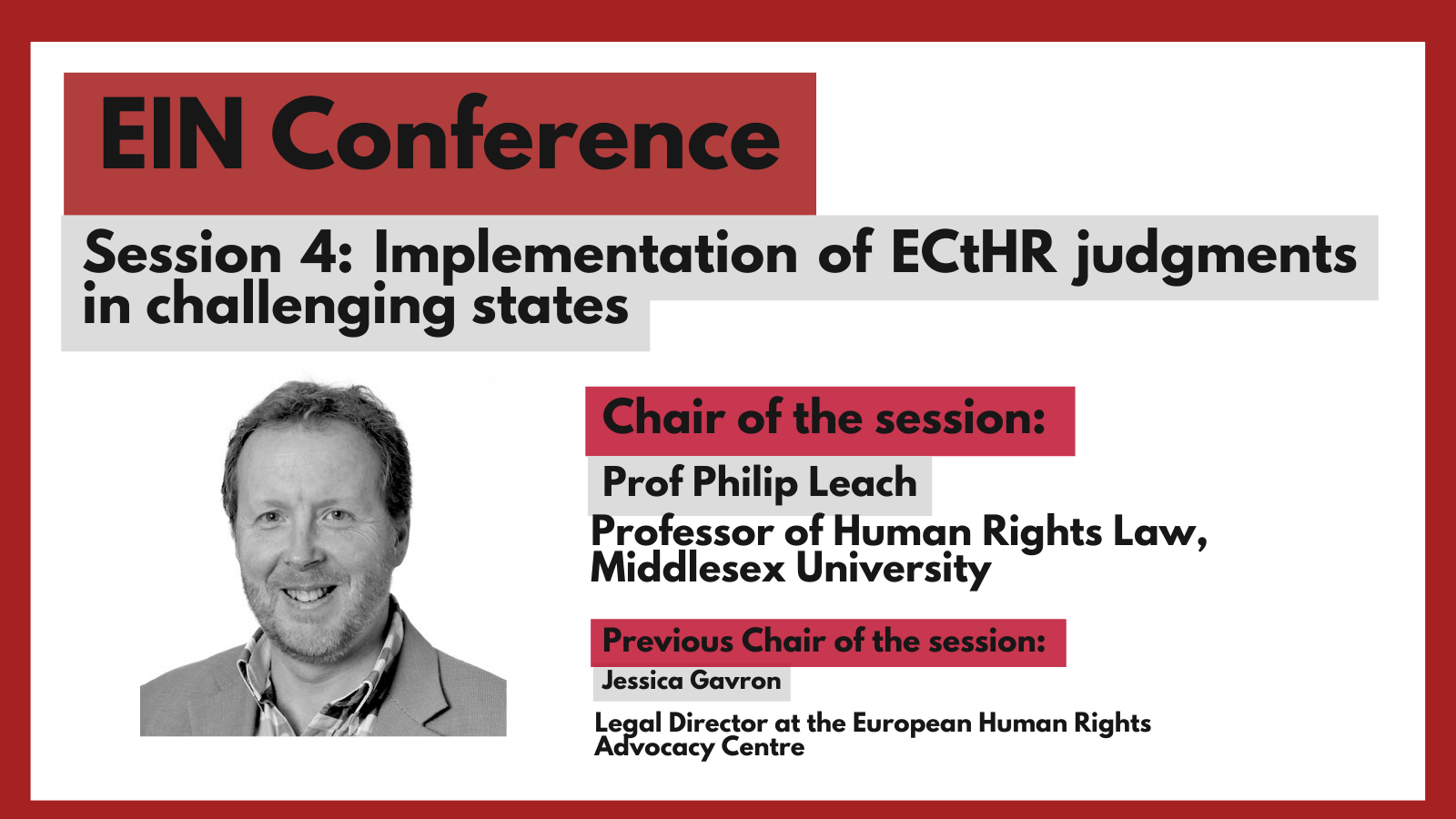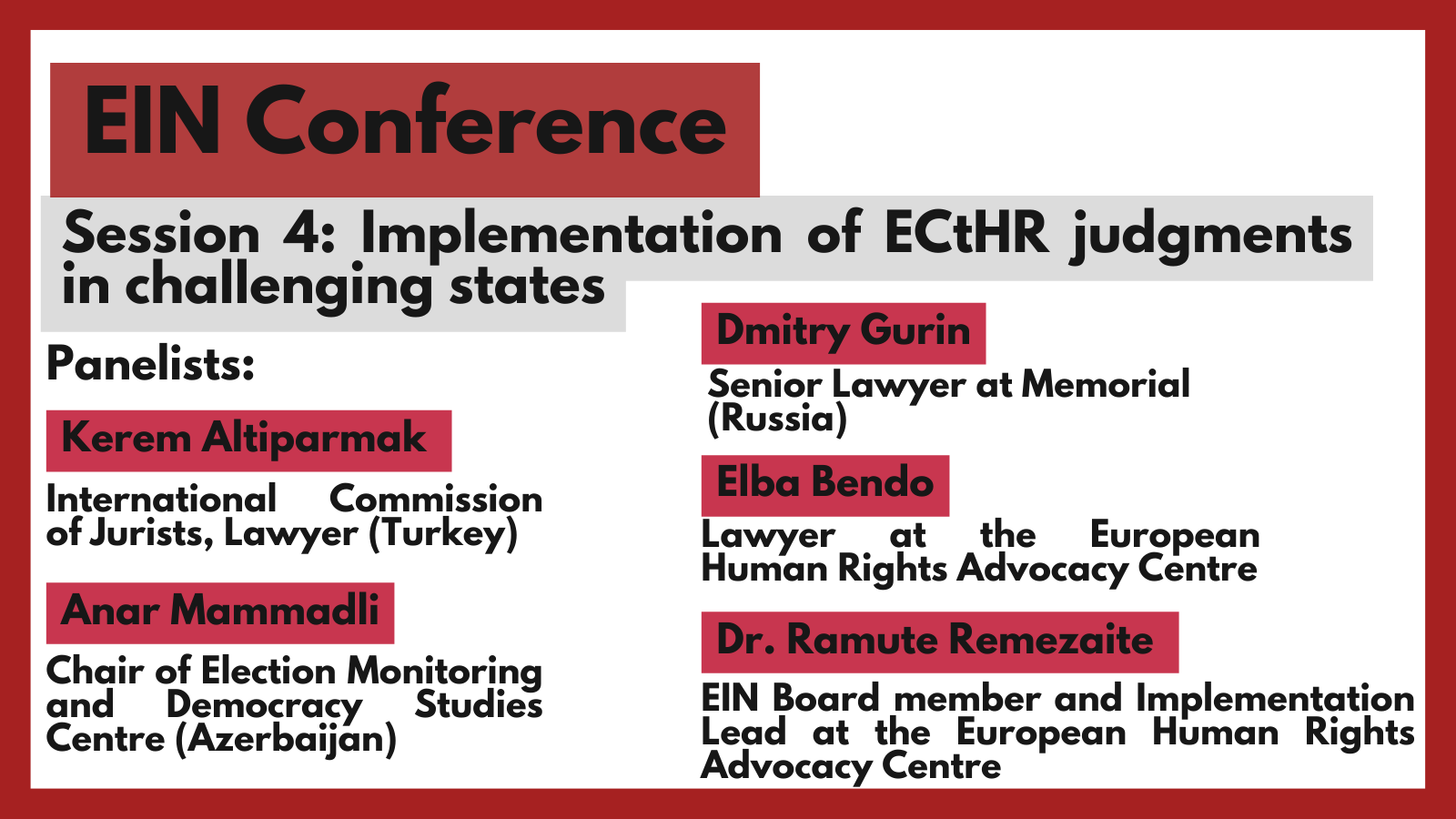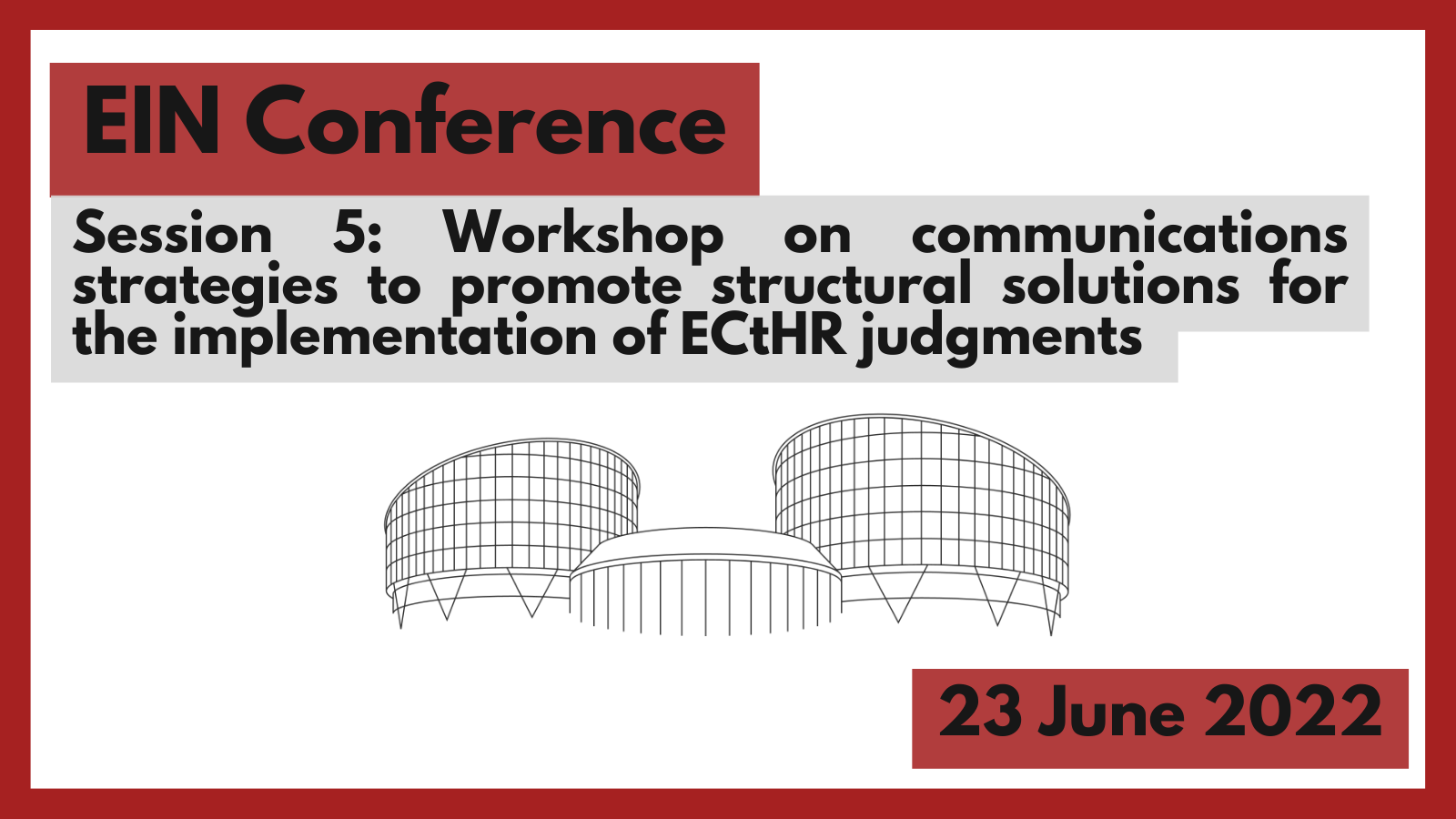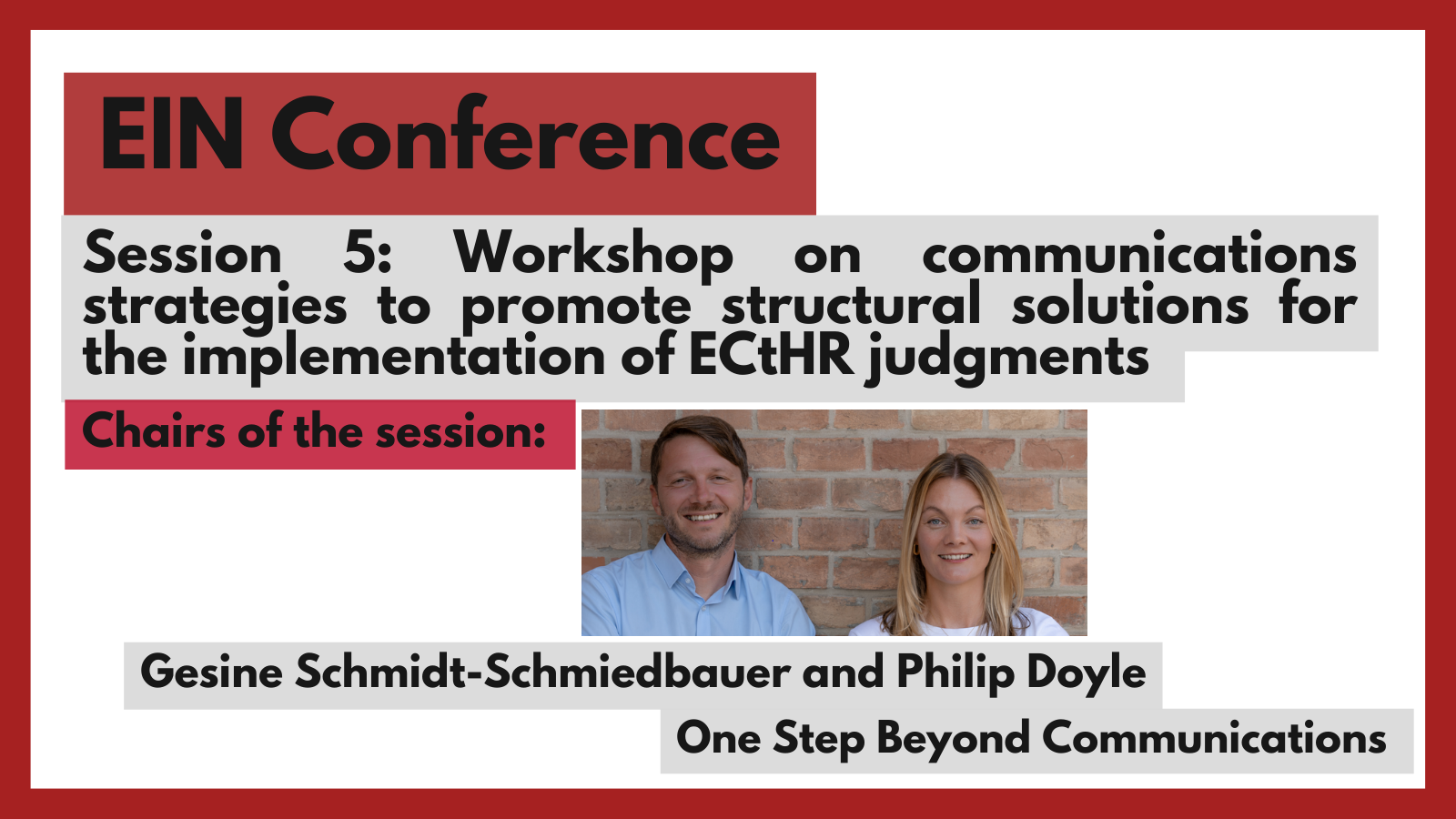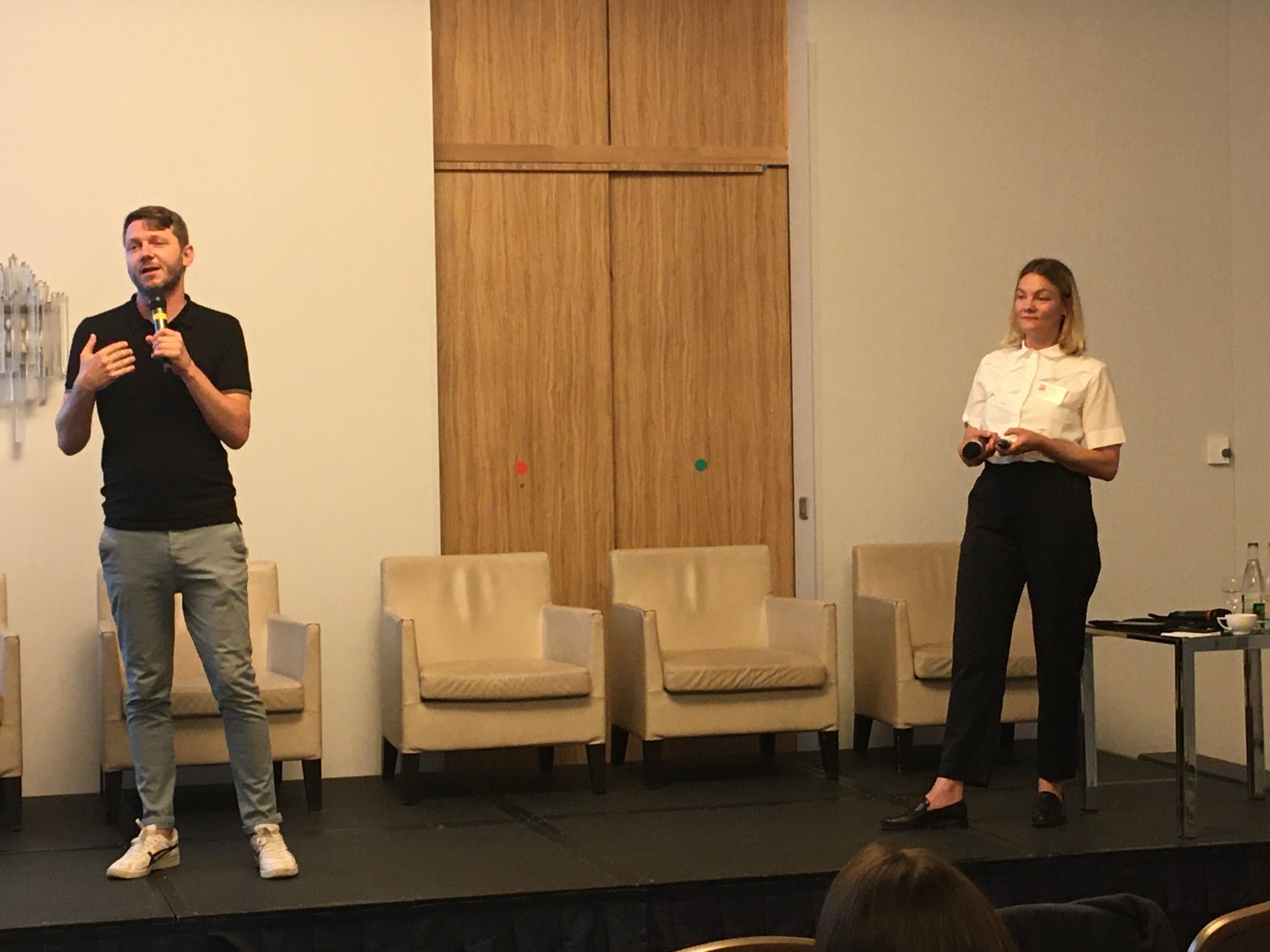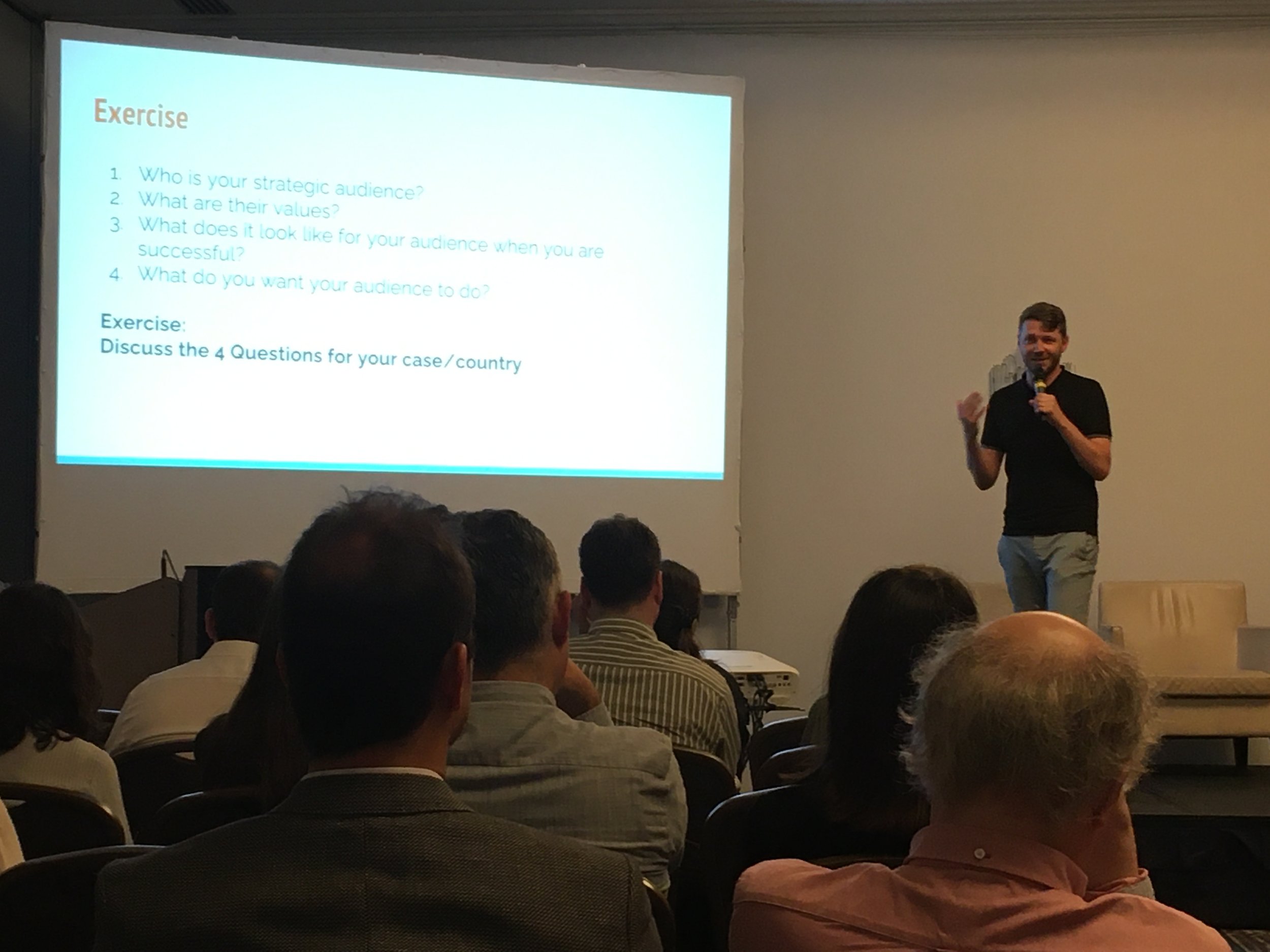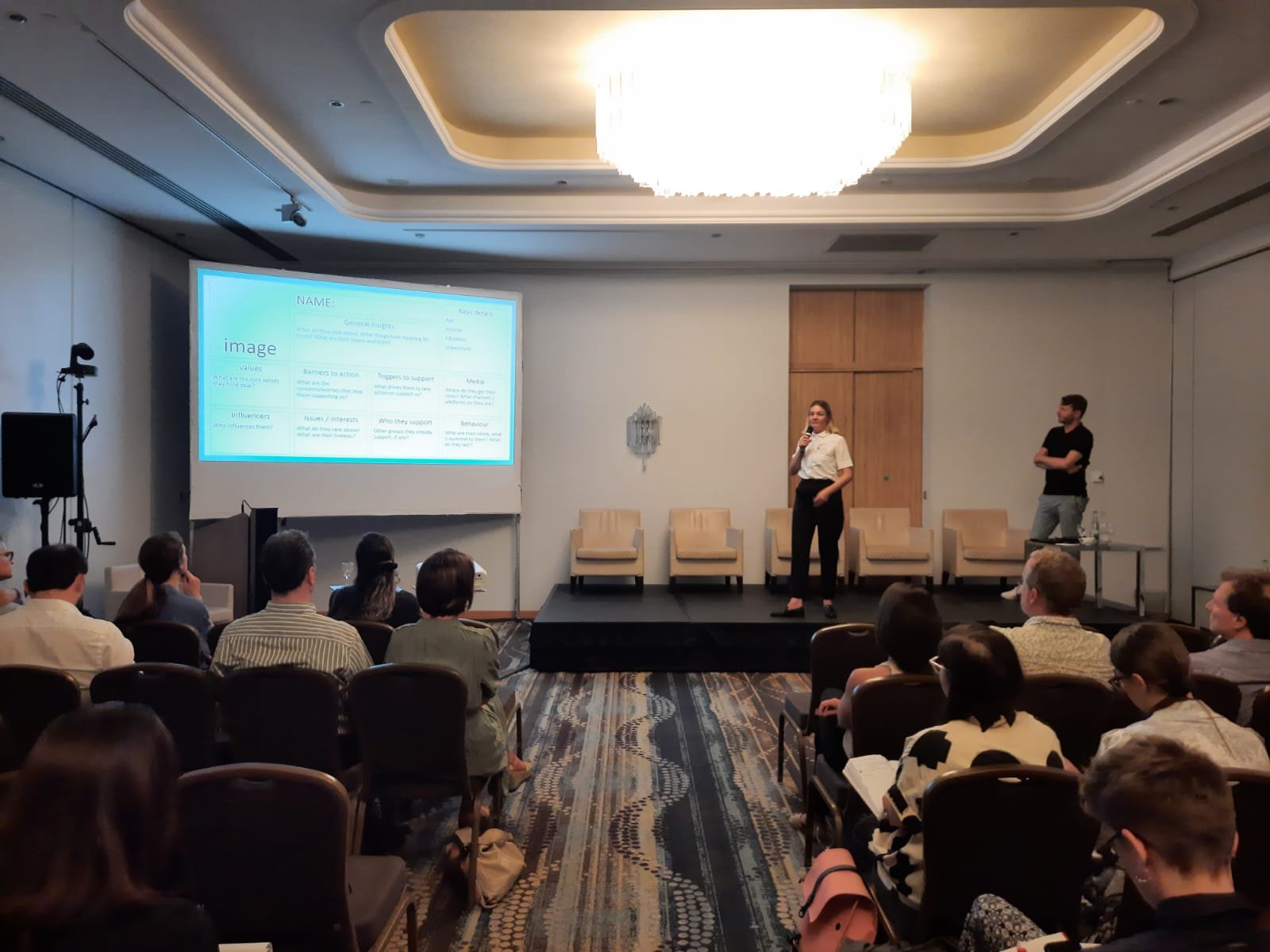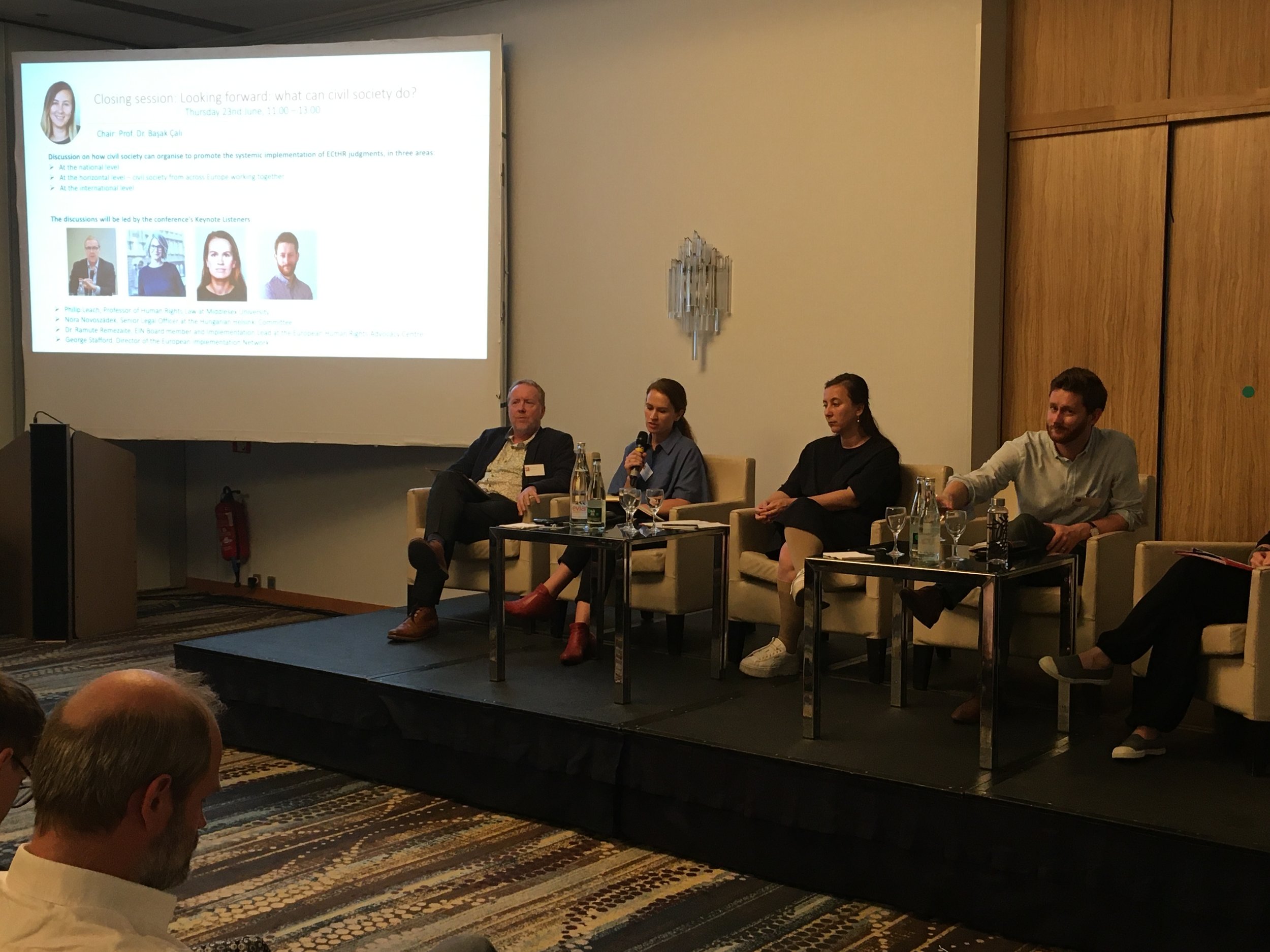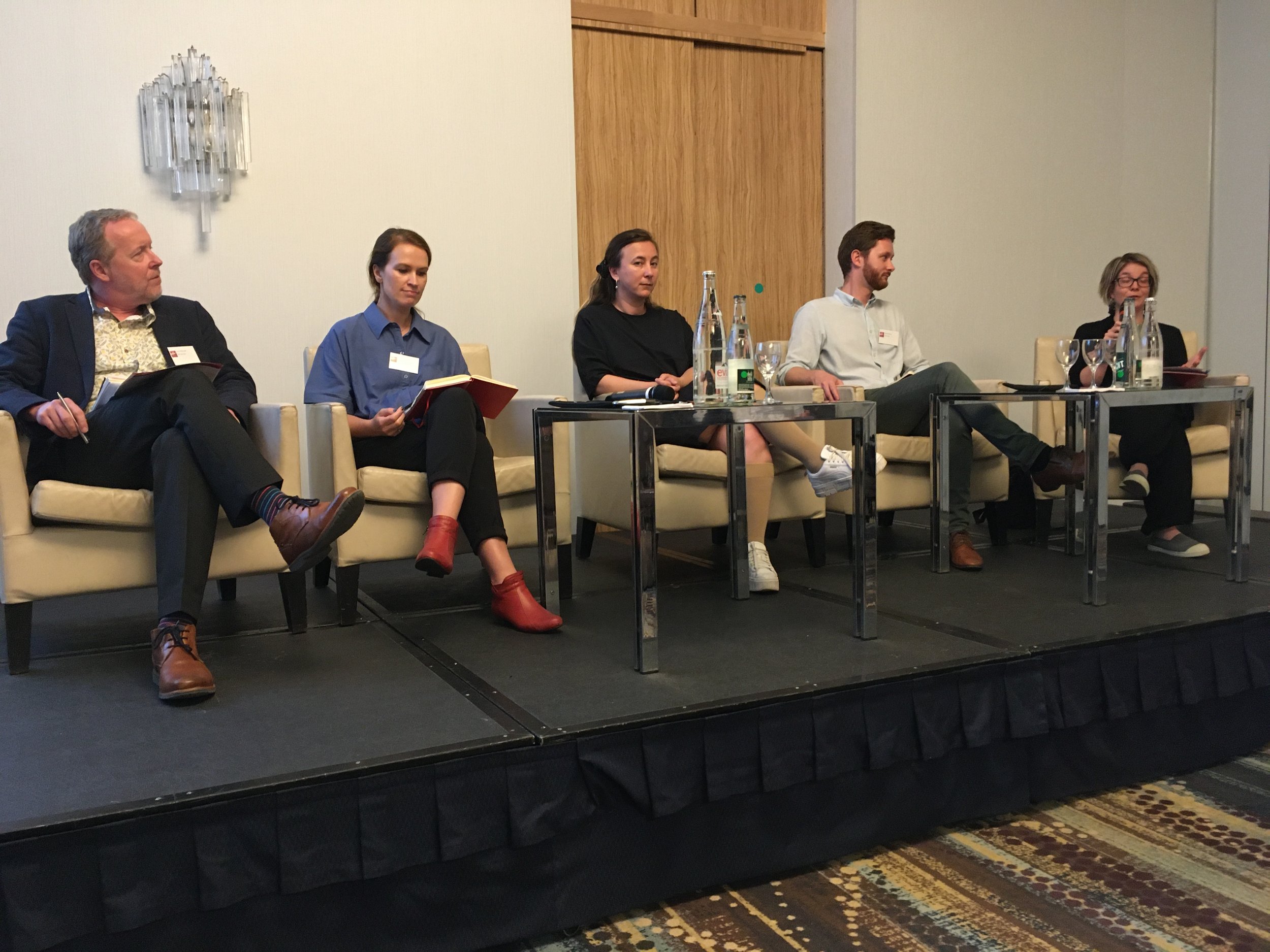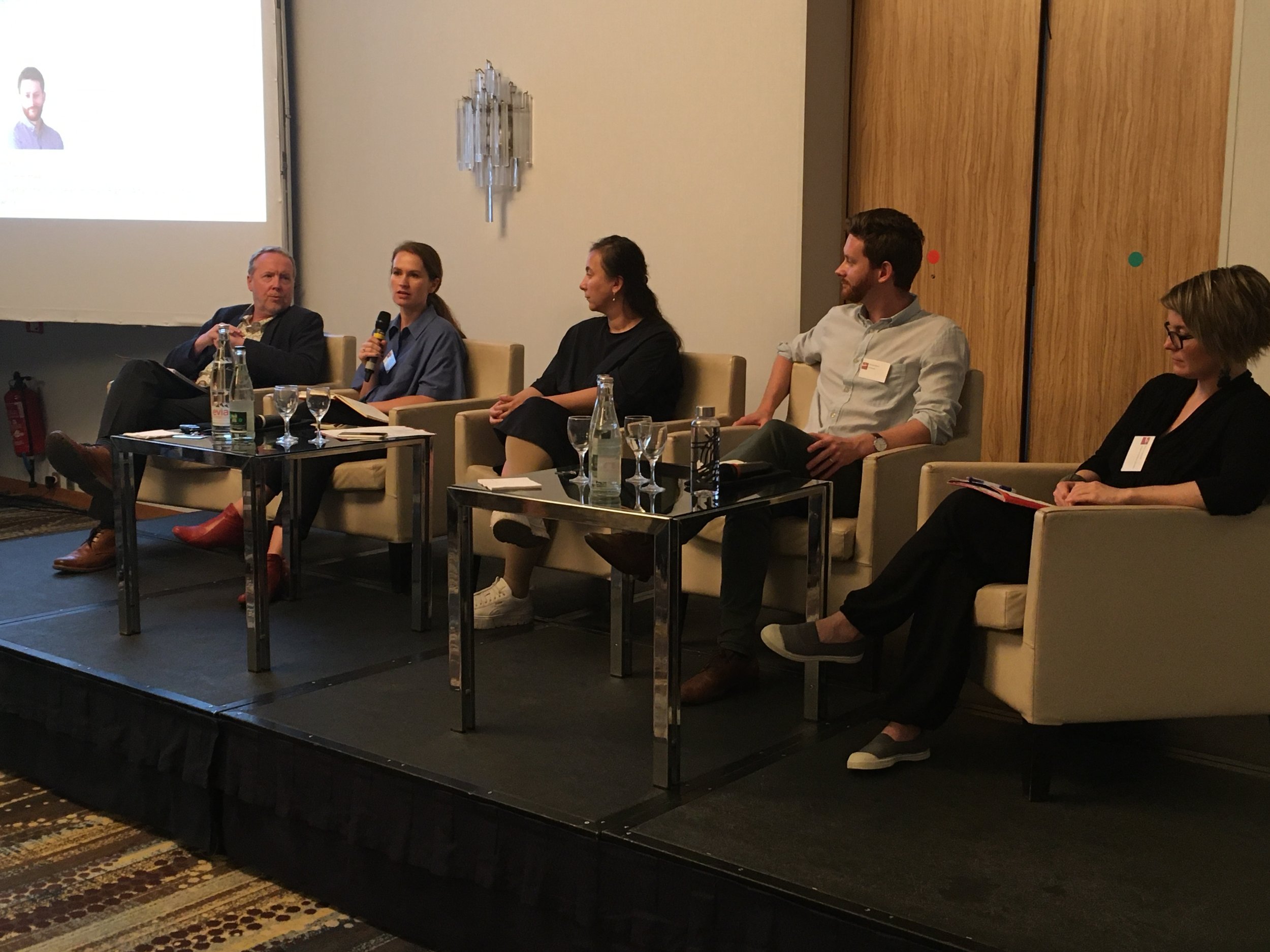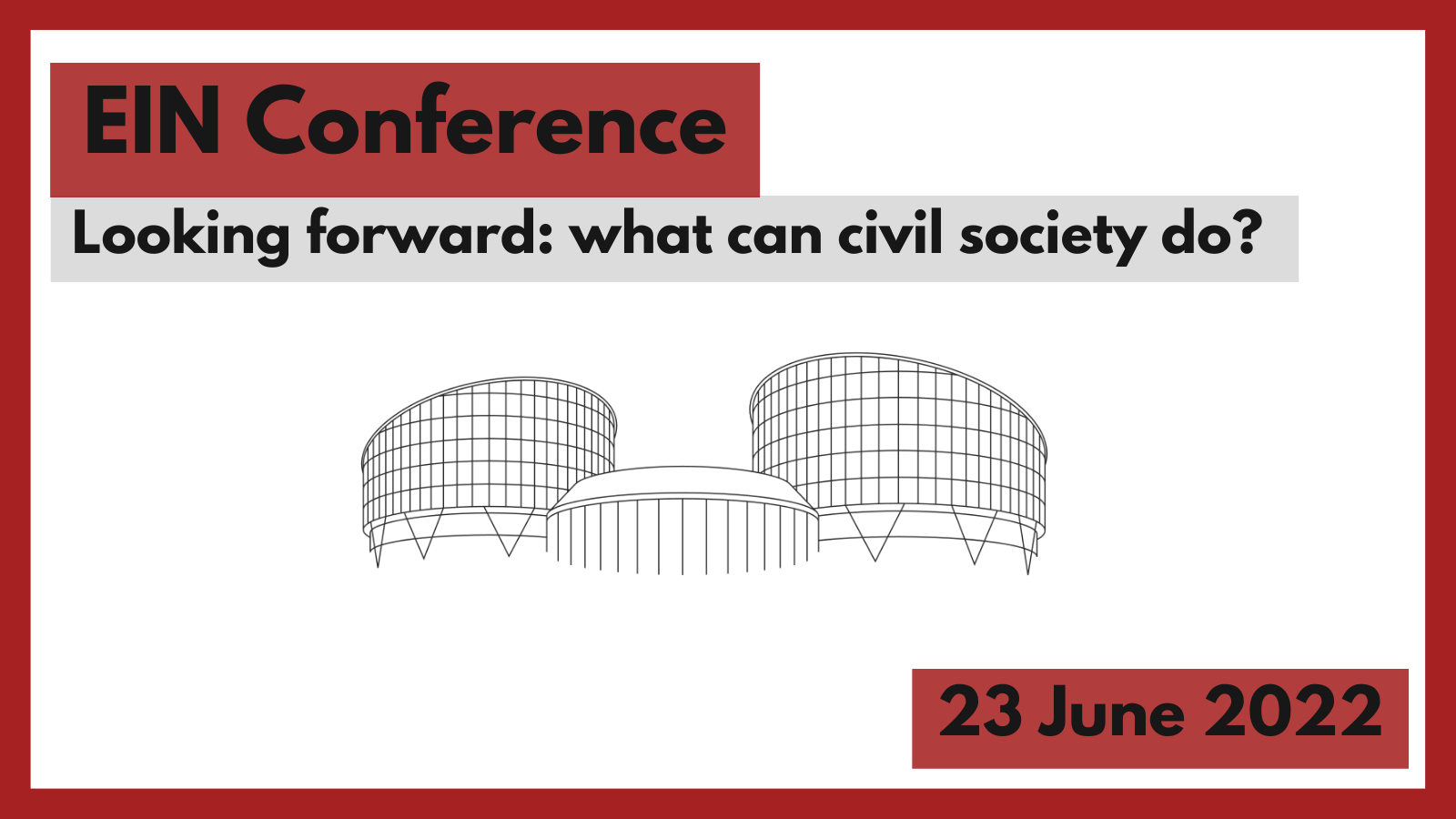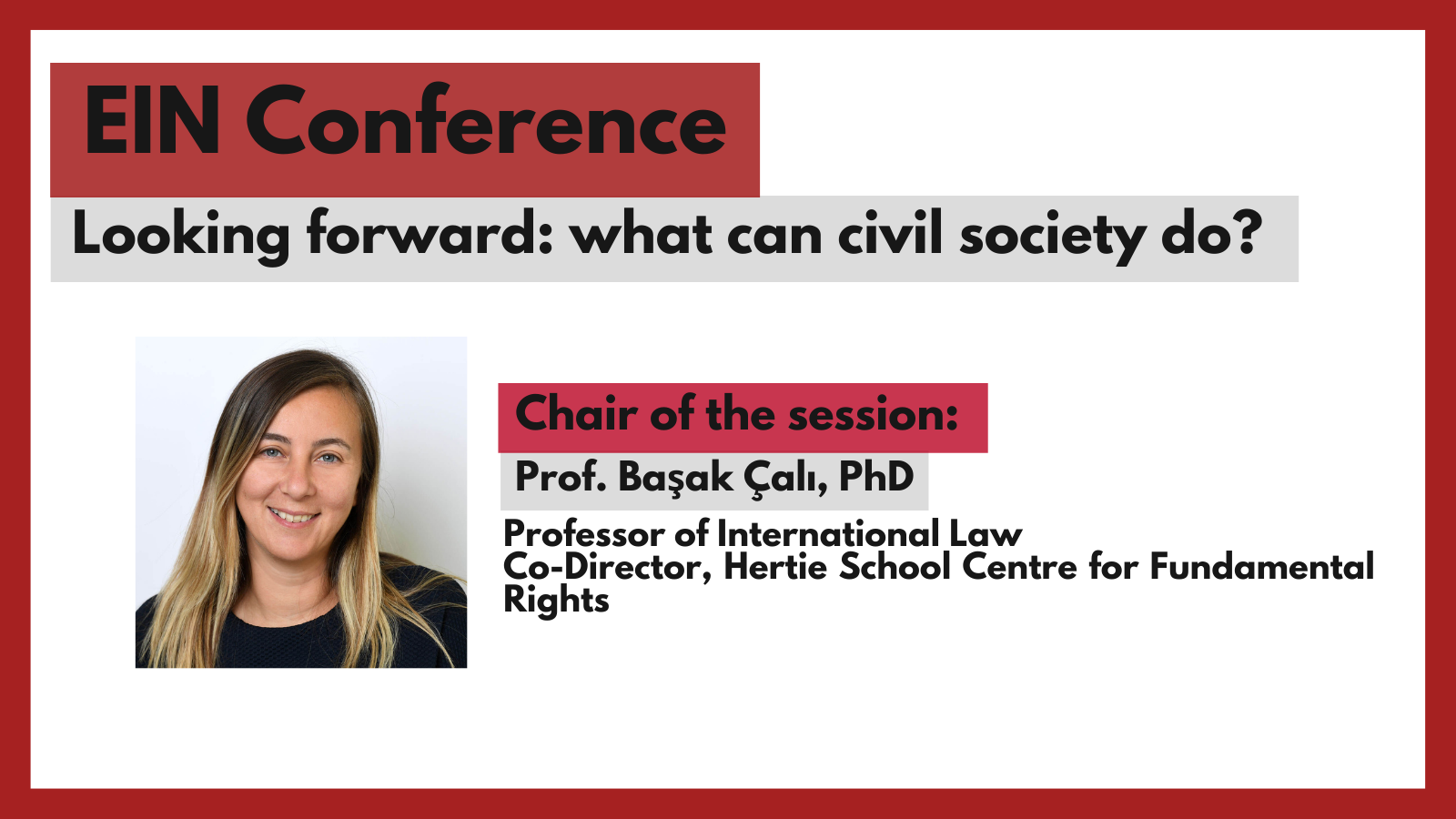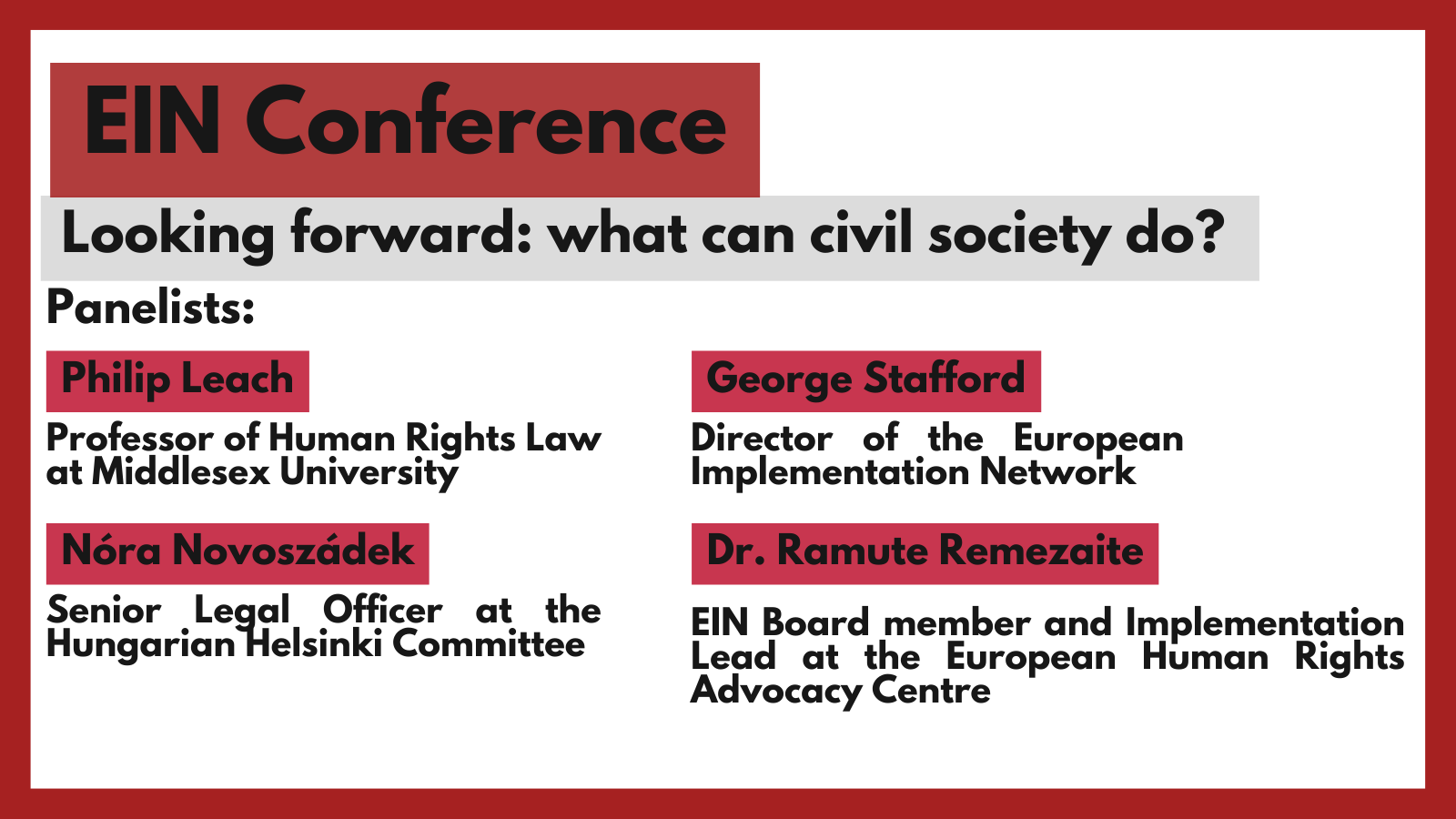Conference on Systemic Non-Implementation of Judgments of the European Court of Human Rights – What Can Civil Society Do?
A key threat facing the system of the European Convention on Human Rights is the non-implementation of judgments of the European Court of Human Rights (“ECtHR”). The European Implementation Network (“EIN”) is a network of organisations and individuals from across Europe, working towards the full and timely implementation of ECtHR judgments. EIN sees common barriers to effective ECtHR implementation across different states.
This conference took place on the 22 and 23 of June 2022 and focused on identifying common solutions to promote ECtHR implementation and sharing the solutions across European civil society. It included presentations from leading members of the civil society movement to promote ECtHR implementation, as well as high-level speakers from the Council of Europe and national governments. More than 70 participants from academia, civil society, the Council of Europe and government officials gathered in Strasbourg for this Conference. The Conference was live-streamed and recorded.
Download the Conference Leaflet, Speaker List and Power point presentation below:
Session 1: Structures at the national level to systematically promote the implementation of ECtHR judgments
Chair: Dr Krassimir Kanev, Director of the Bulgarian Helsinki Committee
Implementation takes place at the national level. There are examples of structures at national level which enable full and timely implementation. What do these structures look like? And how can civil society advocate for them? This session, chaired by Director of the Bulgarian Helsinki Committee Dr Krassimir Kanev, gave the floor to experts from four countries, the Czech Republic, Slovenia, the Republic of Moldova and the UK, who shared with us their experiences.
Session 2: The work of European institutions in the implementation of ECtHR judgments - what should civil society advocate for?
Chair: Dr. Ramute Remezaite, EIN Board member and Implementation Lead at the European Human Rights Advocacy Centre
The Council of Europe, and in particular the Committee of Ministers, is responsible for monitoring the implementation of ECtHR judgments. What could be done to improve the speed and effectiveness of the implementation process? Is substantial change needed? And can the EU be more involved in this process?
Piers Gardner: Still Time for Some Technical Improvements in the Supervision of the Execution of Court Judgments by the Committee of Ministers’ CMDH
Session 3: Strategies for promoting judgment implementation
Chair: Simon Papuashvili, Programme Director at the International Partnership for Human Rights
Civil society organisations have a key role to play in the implementation of ECtHR judgments. During this session, participants had the opportunity to hear more about the experience from colleagues on strategies to promote the implementation of judgments. Presentations were followed by a World Café with informal exchanges among participants about key aspects of ECtHR judgment implementation.
Session 4: Implementation of ECtHR judgments in challenging states - Lessons-learnt from Azerbaijan, Russia and Turkey
Chair: Prof Philip Leach, Professor of Human Rights Law, Middlesex University
The implementation of ECtHR judgments is particularly challenging in certain states. This panel discussion was moderated by Philip Leach, Professor of Human Rights Law at Middlesex University, who gave the floor to experts working on ECtHR judgment implementation in Azerbaijan, Russia and Turkey.
Session 5: Workshop on communication strategies to promote structural solutions for ECtHR judgment implementation
Chairs: Gesine Schmidt-Schmiedbauer and Philip Doyle, One Step Beyond Communications
Any structural solution to the implementation of ECtHR judgments will depend on sufficient political will in the country concerned. This makes effective communication about ECtHR implementation essential.
We heard from two experts who specialise in human rights communication, who shared useful tips and tools on how to form communication strategies for pushing more efficiently for the implementation of ECtHR judgments.
Looking forward: what can civil society do?
Chair: Prof. Dr. Başak Çalı
The final session was led by Conference keynote listeners on how civil society can organise to promote the systemic implementation of ECtHR judgments. It covered three key areas of work: the national level, the horizontal level (civil society from across Europe working together) and the international level.

